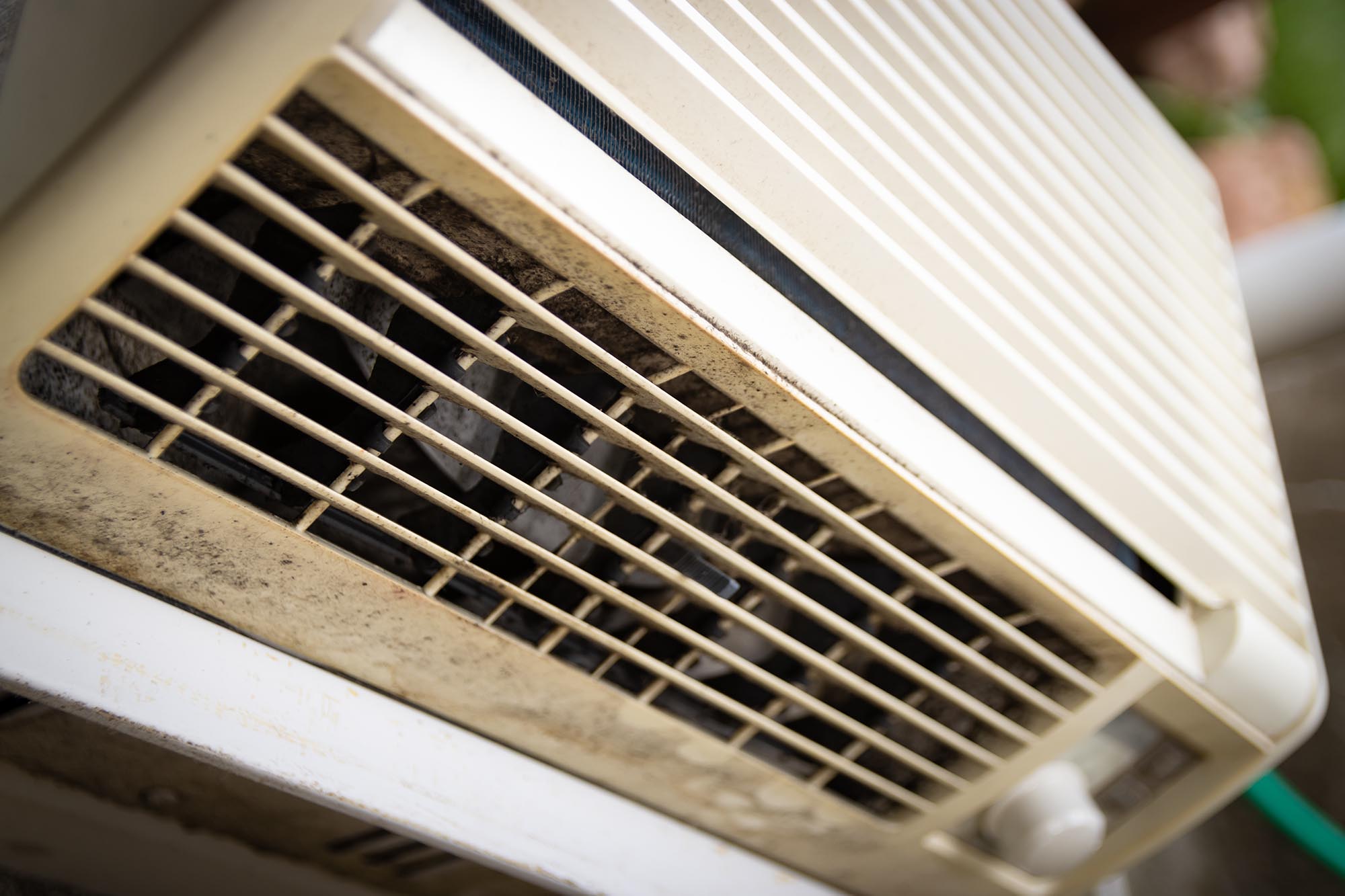
Oct 16, 2024
What is Mold in AC?
Air conditioning is a lifesaver in extremely hot areas, especially in cities like Dubai. The high temperatures can beat anyone down and make life super uncomfortable. While air conditioners keep us cool and comfortable, it’s also important to make sure they’re well-maintained so they can keep providing us with comfort. Among the many enemies of ACs, mold proves to be the toughest challenge yet.
Mold in AC systems is far from being a simple nuisance. The fungi love damp, moist environments, and AC units, along with their vents, are prime spots. As more people in Dubai rely on air conditioning, the demand for mold prevention and removal services is also on the rise.
What Causes Mold to Grow in AC?
Mold growth in ACs starts with the simple process of turning on your systems. This is why AC duct cleaning is super important to ensure mold spores don’t harm your home. While super-advanced AC systems are prepared to prevent mold growth, the chance still isn’t eliminated entirely. Here are what causes mold to grow in ACs:
Accumulated Moisture
One of the most common causes of mold in AC systems is excess moisture. As your air conditioner cools the air, it also reduces humidity levels. This process often results in condensation. While condensation is completely normal, an excess could mean that your HVAC system needs to be checked, especially if the unit isn’t operating properly or if the drainage system is blocked.
When the moisture produced isn’t drained as it should be, it tends to build up inside the ducts or on the evaporator coils, providing the ideal conditions for mold to thrive.
High Humidity Levels
Dubai’s climate is known for its high humidity, especially during the summer. When humid outdoor air enters the AC system, it increases the chance of condensation. Without proper ventilation in your home or office, this excess humidity may linger in the system, promoting mold growth in ACs.
Poor Ventilation
A working AC needs good airflow to make sure that the mold does not grow inside. If the AC system’s airflow is obstructed, it can get in the way of air circulation, leading to poor ventilation. When this happens, stagnant air can keep the moisture and dust buildup in the AC ducts, creating a favorable environment for molds and helping them grow.
To help prevent poor ventilation, proper cleaning and maintenance is important. Having your AC system professionally cleaned is a great way to make sure your air conditioner works as efficiently to deliver clean and cool air to keep your room well-ventilated.
Lack of Maintenance
Routine cleaning and maintenance are important to ensure your AC avoids mold growth and runs smoothly. Failing to clean and maintain the AC will make the system dirty, creating an environment full of dirt and debris that attracts mold. Dirty AC systems gradually cause health problems.
Simple maintenance techniques such as changing air filters frequently and cleaning the ducts help minimize the risk of mold in ACs and keep the system functioning effectively. If you need professional help, we offer maintenance contracts to get you started.
Organic Material Buildup
Mold thrives on organic matter. Dust, pet hair, and other organic particles can gather inside your AC system over time. When moisture combines with these materials, it creates ideal conditions for mold to grow. Having your ACs and vents regularly cleaned helps lessen the mold’s food sources and reduces the likelihood of mold growth.
Signs of Mold in AC Units
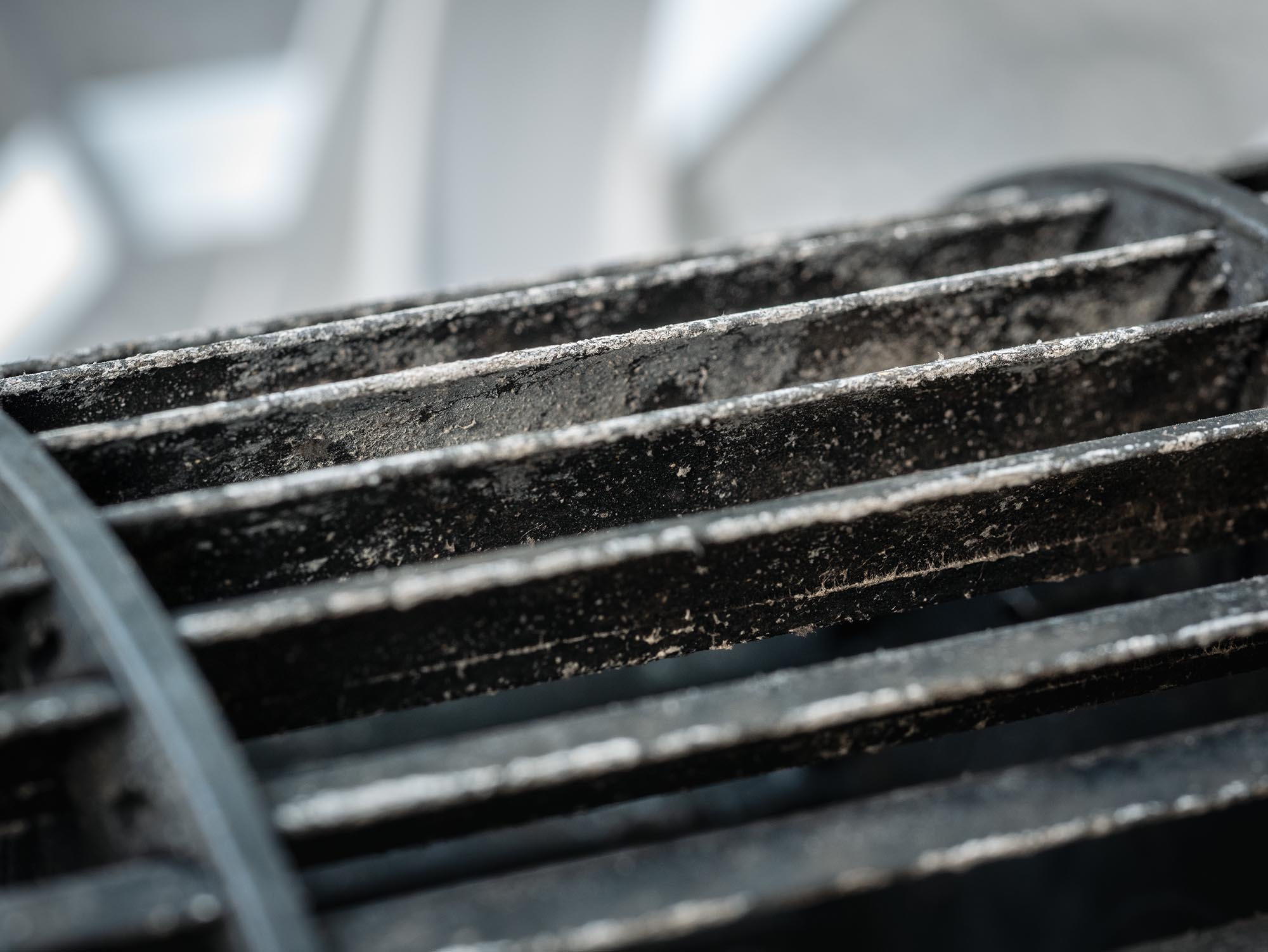
Spotting mold growth in your air conditioning system early is key to keeping your home healthy. Having a good circulation of clean air is always great to have in a home. To help you identify the mold, here are some of the signs you can expect when your ACs have mold:
Unpleasant Odors
One of the most noticeable signs of mold in your AC system is a musty or earthy smell when the unit is running. This foul odor often indicates that mold spores are circulating through the air, which can affect the quality of the air around your home.
If you detect a consistent unpleasant smell coming from your vents, it’s time to call our experts. Prolonged exposure to mold can cause headaches and allergic reactions, which can be harmful to your overall well-being when not given enough attention.
Visible Mold Growth
If you notice any dark patches or fuzzy spots on your AC, ducts, or vents, it’s likely a sign of mold. Mold can manifest in different colors, with black, white, and green being the most common colors. They typically grow in damp, humid areas, making poorly maintained air conditioning units a prime target.
However, if mold grows on the visible areas of the AC system, it is possible that an infestation is present within the AC ducts at your home or office. With this, it’s important to have your ducts checked immediately, especially if the recommended yearly cleaning is overdue.
Increased Allergies
If you or your family members are experiencing more allergies than usual, it could be a sign that your air quality isn’t up to par. Common symptoms of allergies from poor air quality include sneezing, coughing, itchy eyes, and skin irritation.
When these happen, mold spores may be spread throughout your home, causing these symptoms. Mold can trigger several allergic reactions and respiratory issues that could escalate when left untreated.
Frequent Respiratory Issues
If you or anyone in your household experiences recurring respiratory problems, such as asthma attacks, wheezing, or persistent coughs, it may be linked to mold in your AC systems. The mold released into the air by air conditioners can be inhaled and cause respiratory issues. This could also worsen existing conditions, leading to more serious health complications.
Water Damage or Leaks
Mold love moist and humid areas, and leaking ACs are a dream come true for them. So, if you see water stains or leaks around your AC units, it could mean that there are mold growing on your system. Make sure to look for condensation on the ducts, water pooling around the units, or any signs of dampness. Getting straight to this issue and fixing your AC system helps a lot.
Poor Airflow
If your air conditioning unit is struggling to keep the room cool, it might be having some airflow problems within the system. The circulation of air in the ducts and vents could be hindered by a buildup of dirt, debris, and mold. Mold can block the passage of air, causing your system to work harder and less efficiently. As a result, it will be harder and more expensive to cool your homes.
High Humidity Levels
If the humidity in your home is high, it creates an excellent area for mold to grow and develop. Using a dehumidifier can help if things get too humid. When humidity levels are high for long periods of time, it’s possible that a mold infestation is present in your home. It’s especially important to check your AC for any signs of mold.
How to Prevent Mold in AC Units?
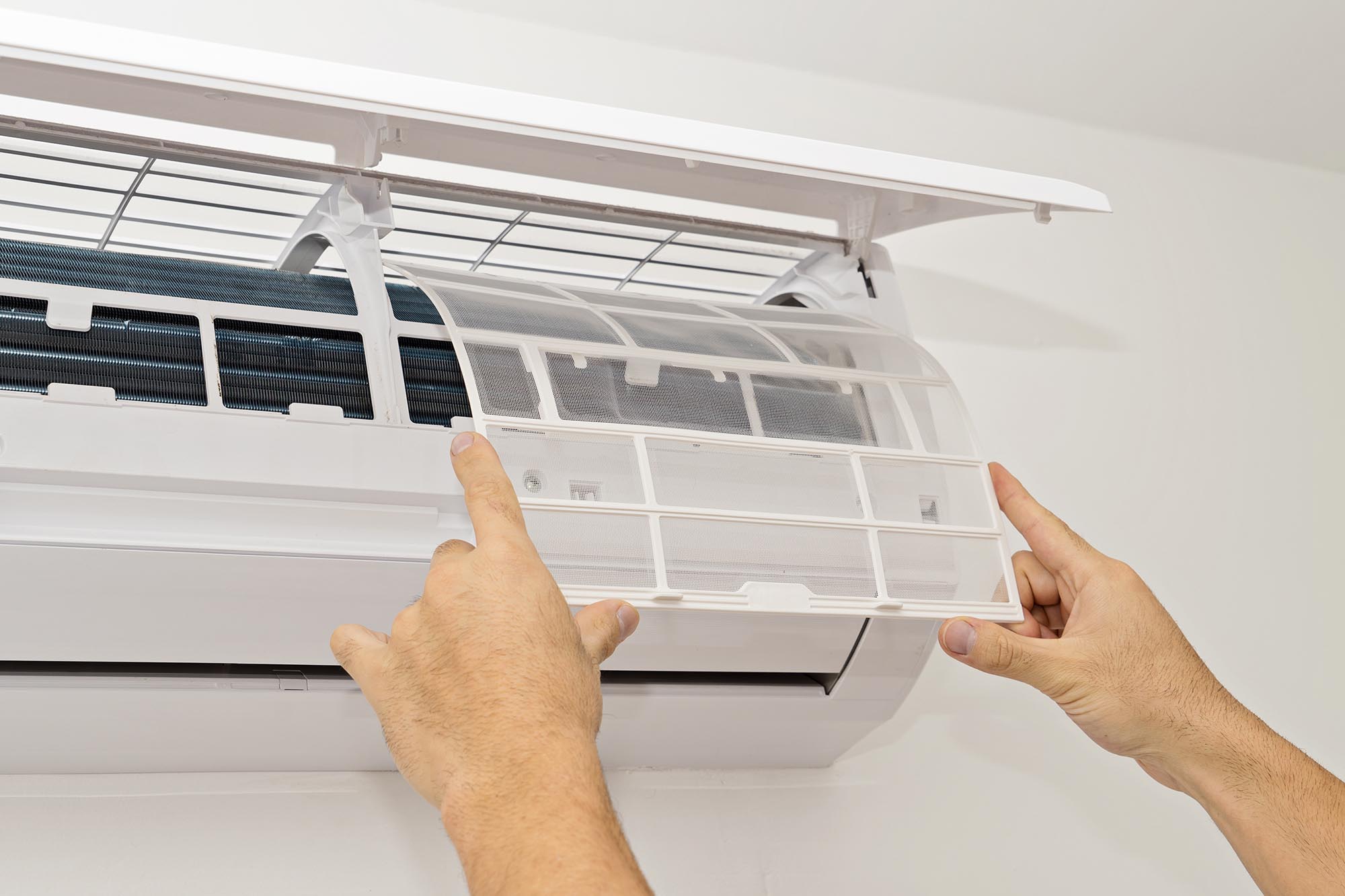
Preventing the growth of mold in your AC system is the key to keeping a healthy home, and it starts by making sure your AC works perfectly. Thankfully, we can recommend several steps to help you get started. Here’s a simple guide to help prevent mold in ACs.
1. Regular Maintenance and Cleaning
One of the best ways to stop mold from growing is through regular cleaning and maintenance. We recommend having your ACs, ducts, and vents professionally cleaned at least once a year. However, if any signs of mold appear, we could have it cleaned more often. Dubai is a humid city, and mold in ACs is very common.
When having your ACs professionally cleaned, our technicians will start with a thorough inspection to make sure we can cover every surface of the system. We’ll clean the ducts, get rid of the mold, and make sure your ACs work just like brand new.
2. Clean Air Filters Frequently
Air filters are your AC’s first line of defense against dust, allergens, and mold spores. Change and clean them every 1 to 3 months, depending on how often you use your system. A clogged filter not only slows down airflow but can also turn into a breeding ground for mold.
Cleaning air filters is an easy task that can be done routinely or at any time. Your first reference will always be your manual. Start by turning off your air conditioner before removing the filter. Once that’s done, gently remove the filter. If you need to pry it out, just be careful. After that, give it a good rinse with water to wash away all the dust and dirt that’s built up. Next, let it dry up before placing it back into the AC.
3. Ensure Proper Drainage
Regularly inspect your AC’s drainage system to ensure that water is properly flowing out. This simple step helps prevent mold from growing quickly, which can happen if the system gets clogged. When the drainage is blocked, stagnant water creates the perfect environment for mold to thrive. If you ever notice standing water around your AC, make sure to address it immediately.
4. Increase Ventilation
Keeping your home well-ventilated helps prevent the growth of mold. Start by opening a few windows to let air circulate around your home. Also, keeping your vents clean and unblocked helps promote good circulation around the house. Lastly, some furniture might be blocking the airflow around your ACs and vents, so it’ll be a good idea to move these away from the vents.
5. Control Humidity Levels
Mold thrives in humid environments, which makes controlling the humidity a key part of preventing its growth. You could start by using a dehumidifier helps set the moisture levels at your home at the level you choose, keeping mold growth at bay. This is super useful for rooms that have damp areas. Additionally, constantly running your AC can help reduce the humidity around the room as it helps cool the area and removes the moisture.
Health Issues Caused by Mold in AC
If your ACs have mold, health issues can gradually appear as you inhale their spores. Here are some of the common health issues to be aware of:
Allergies
Mold spores are a common allergen, and constant exposure can lead to allergic reactions. If you or your family members are experiencing frequent sneezing, coughing, runny noses, or itchy eyes, the mold could be the culprit. It would be a great time to investigate your AC and check for any mold buildup on the visible surfaces.
Breathing Issues
For people with respiratory conditions like asthma, the mold in the air can trigger some alarming symptoms. The spores can irritate the airways and make it harder to breathe. Nasal issues could also stem and get worse from constantly staying in a room with a mold-infested AC system.
Skin Irritation
Mold exposure can also affect other parts of the body other than the respiratory system. Some people experience rashes or hives after constant exposure to mold spores. If you’re noticing skin irritation or rashes that seem to coincide with constant exposure to a specific AC unit, it might be a sign of mold.
Fatigue
Inhaling mold spores can also lead to more subtle symptoms such as chronic fatigue and frequent headaches. These symptoms don’t happen abruptly, and you’ll only start to notice the signs once you’ve had enough exposure to these spores. If you feel tired or get headaches when your AC is on, this could be a sign that mold is affecting your well-being.
Conclusion
The mold in your AC is more than just a simple problem. These fungi can cause serious health risks and severely impact your health. But by regularly maintaining your ACs, ducts, and vents, you can prevent mold from taking over your home. With a good routine, you can enjoy clean and cool air around your homes all year round.
Adams Care specializes in home and office care services that keep your spaces clean and sanitary. No job is too big for us, from attics to basements and everything in between. Our specialized services will give your home extra good care.
More Blogs
-
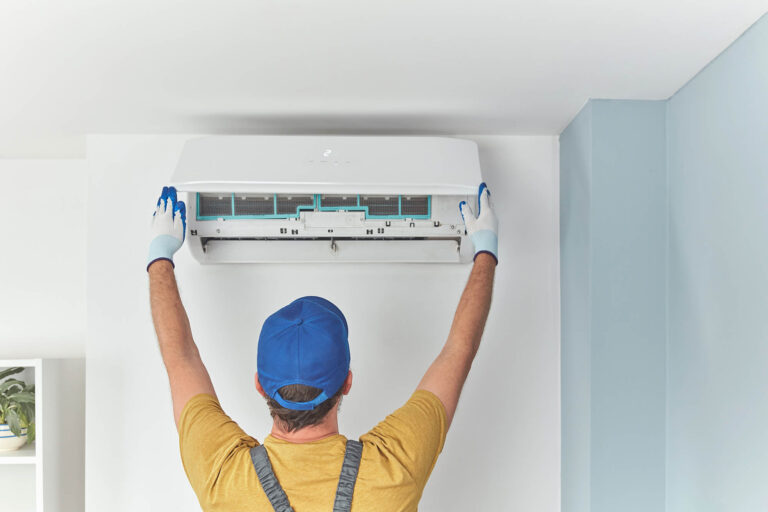
Apr 11, 2025
AC Maintenance in Dubai: Tips to Extend Your AC’s Lifespan
-
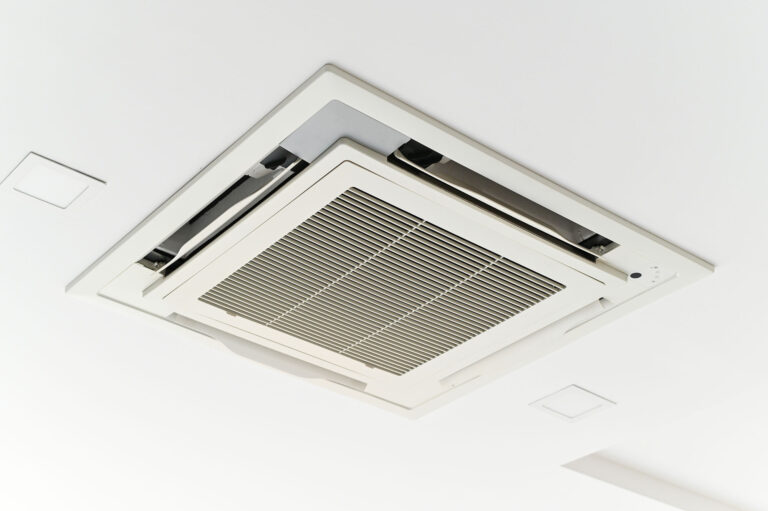
Apr 4, 2025
How AC Duct Cleaning in Dubai Helps Lower Energy Bills
-
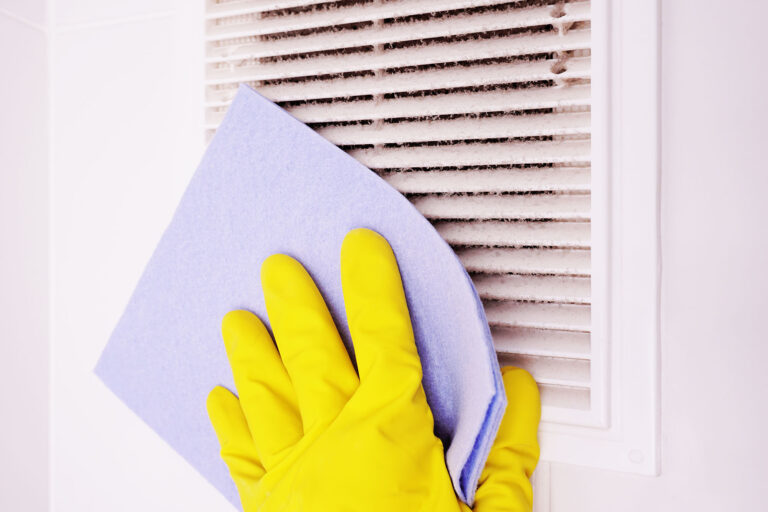
Mar 31, 2025
Why Air Duct Cleaning Matters for Your Home
-
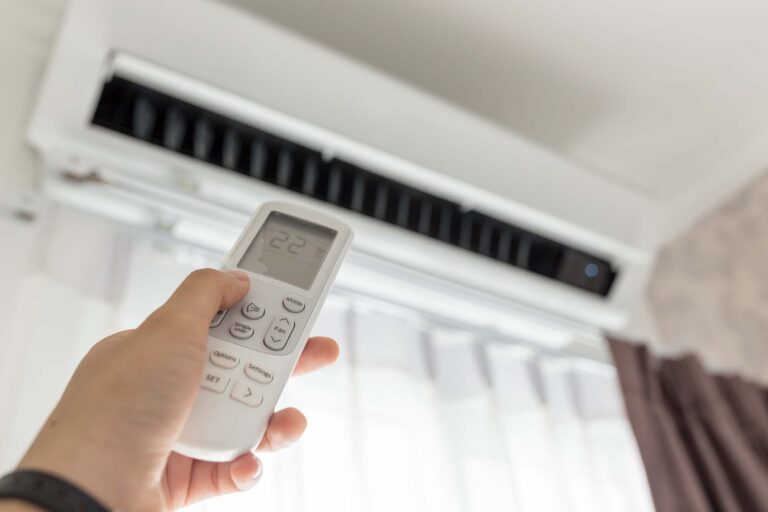
Mar 24, 2025
10 Reasons Air Conditioner Makes Noise When Off
-

Mar 17, 2025
How to Stop Bad Smell Coming from Your Air Conditioner
-
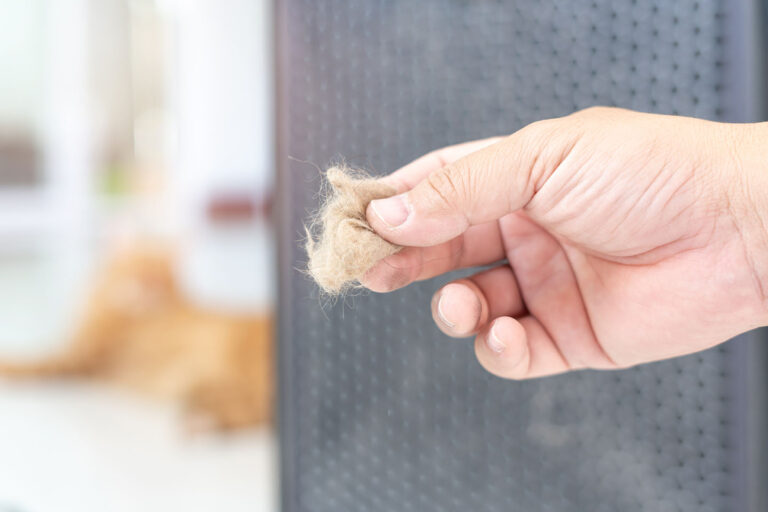
Mar 14, 2025
Pet Owner’s Guide to HVAC Maintenance: Tips for Healthy Indoor Air
-
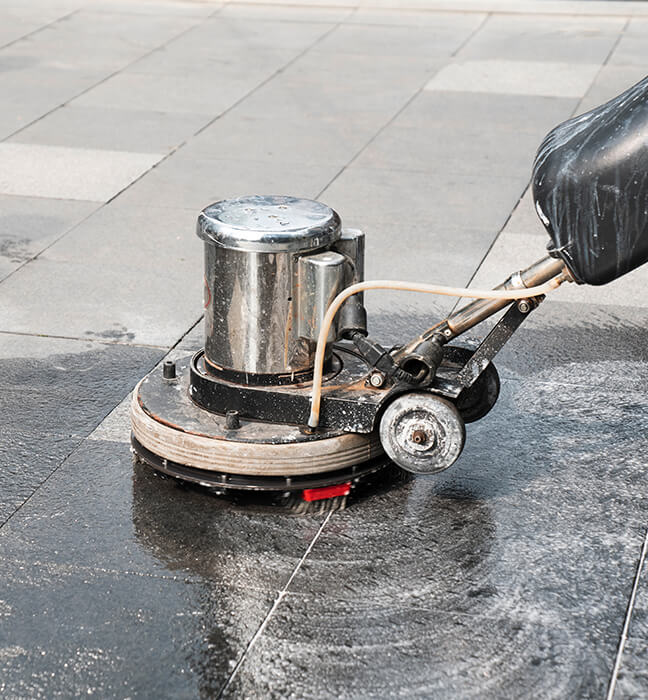
Mar 10, 2025
Benefits of Post-Construction House Cleaning Services in Dubai
-
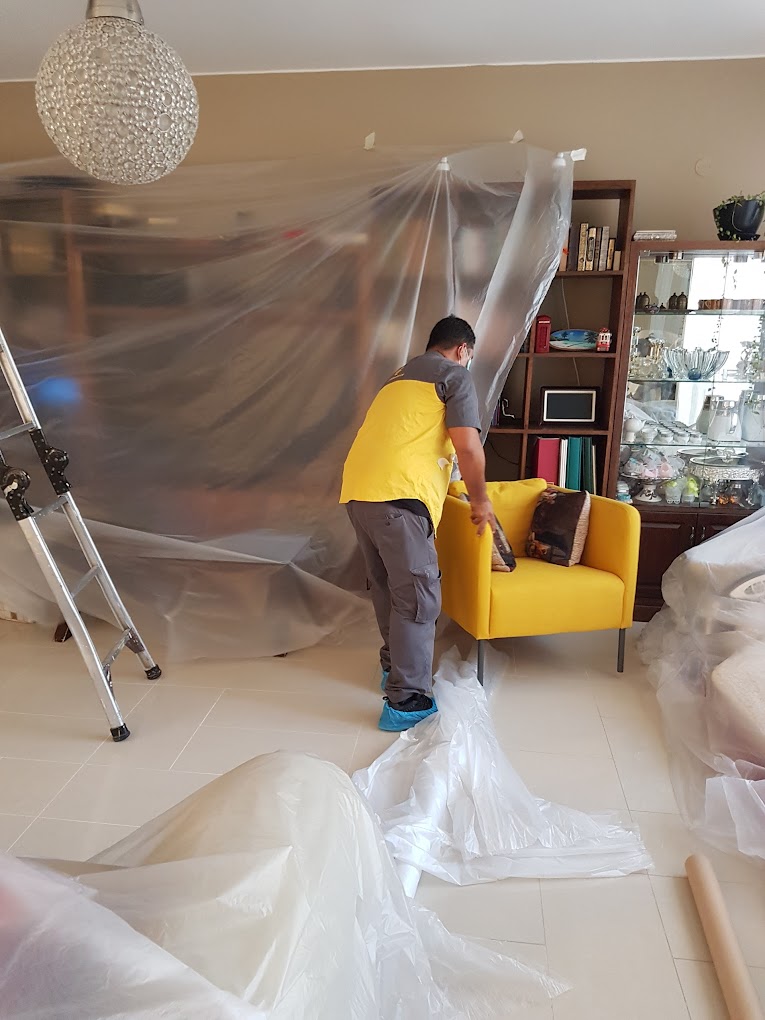
Feb 28, 2025
Benefits of Annual Maintenance Contract: Why AMC Is a Must-Have
-
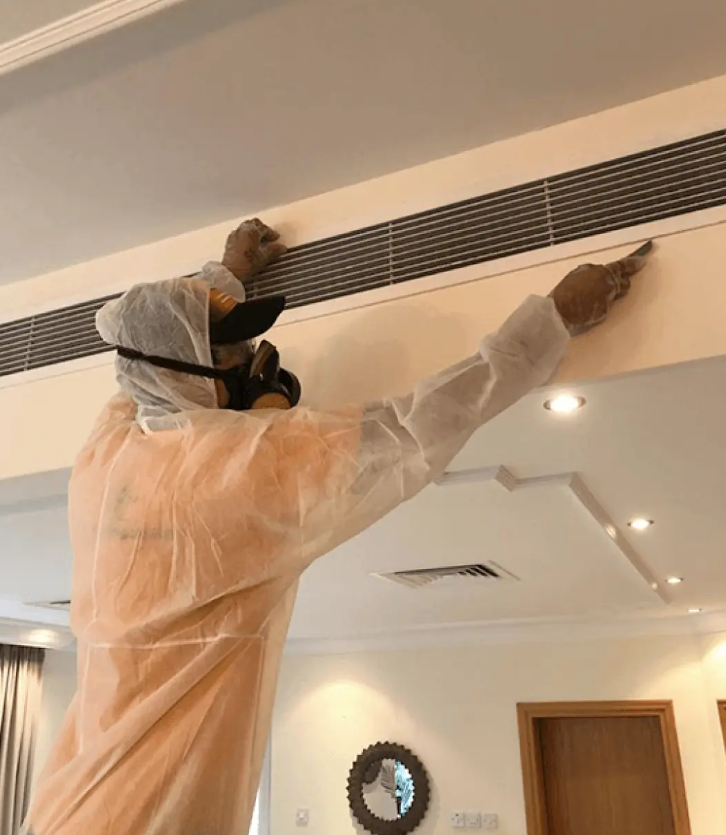
Feb 20, 2025
AC Duct Cleaning Dubai: Prices, Tips, and Choosing the Right Company
-
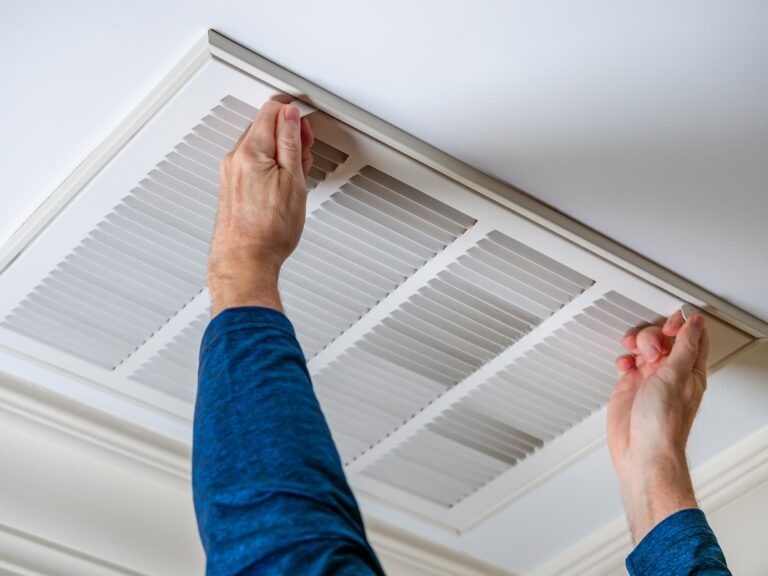
Feb 6, 2025
Why AC Duct Cleaning Is Important, Especially in Dubai
-
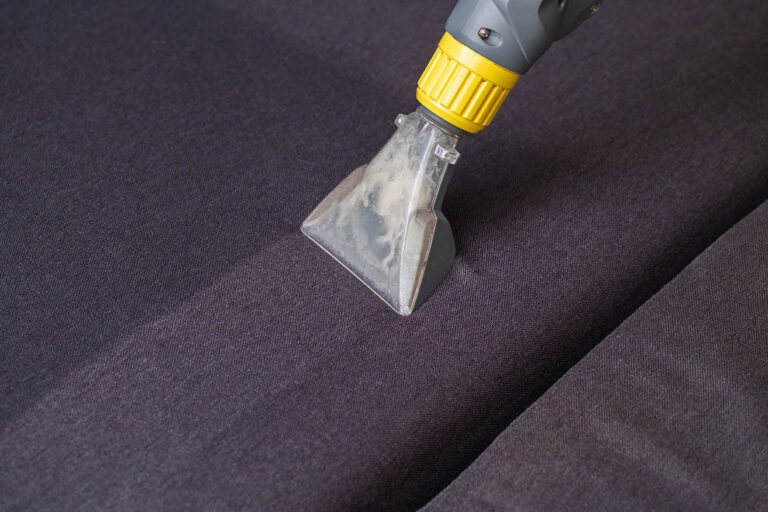
Jan 31, 2025
Cleaning Solutions for Pet Owners: Tips for Spotless & Fresh Homes
-
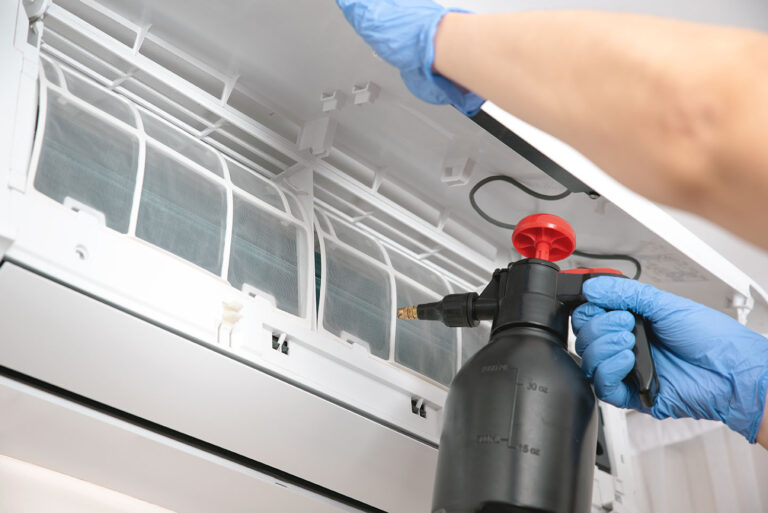
Jan 24, 2025
Is Your AC Leaking Water? Common Causes of AC Leaks and Solutions
-
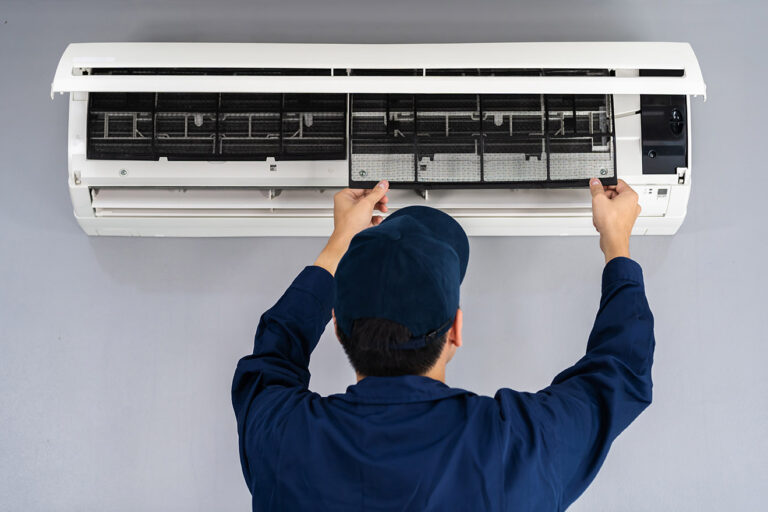
Jan 17, 2025
How Long Do Air Conditioners Last? The Role of Regular Maintenance
-
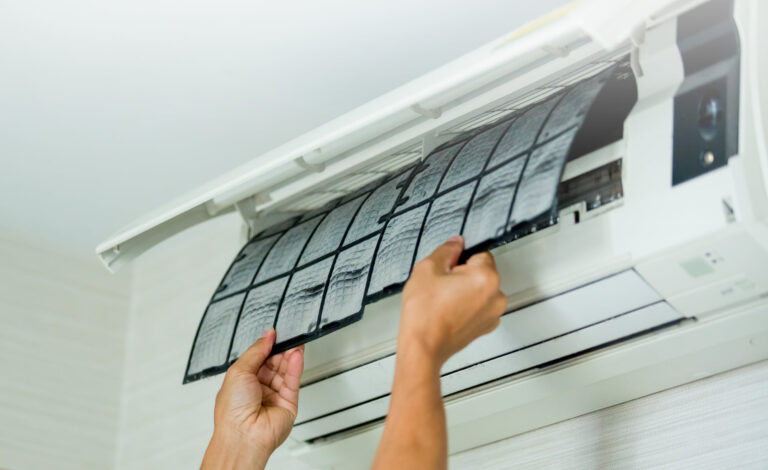
Jan 10, 2025
10 Reasons Your Air Conditioner Isn’t Cooling and How to Fix It
-
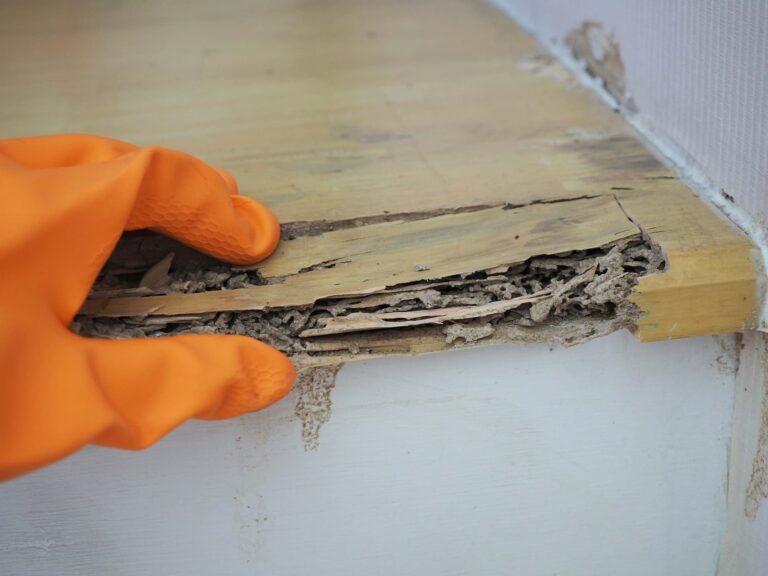
Dec 23, 2024
How to Deal with a Termite Infestation: Tips to Identify and Get Rid of Dust Mites
-

Dec 16, 2024
How to Get Rid of Cockroaches in Dubai: Tips for a Pest-Free Home
-
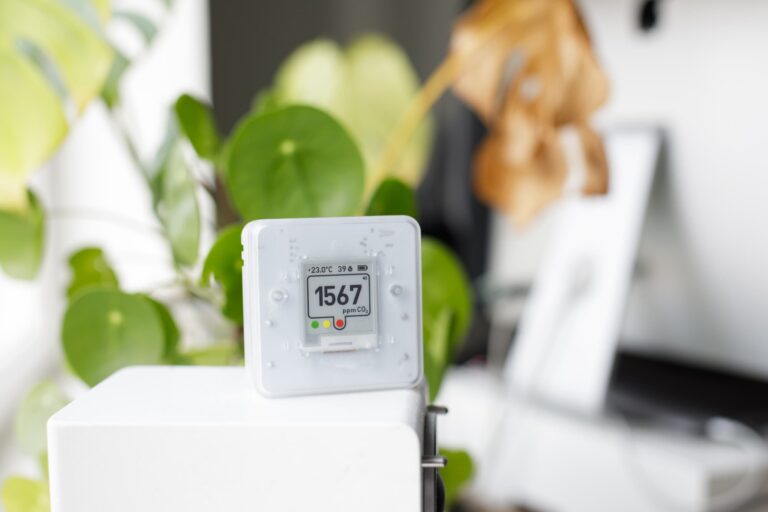
Dec 9, 2024
Breathe Clean: Your Guide to Indoor Air Quality Testing for a Healthier Living Space
-
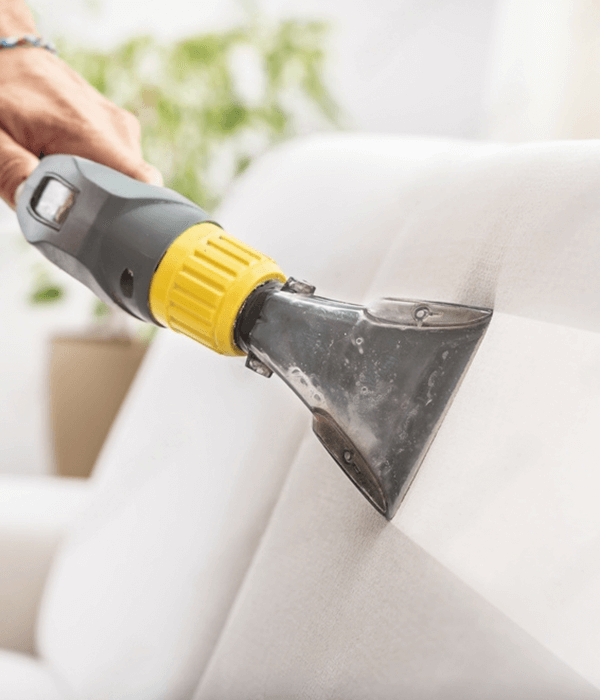
Nov 15, 2024
10 Expert Tips on the Best Way to Clean a Couch in Dubai
-
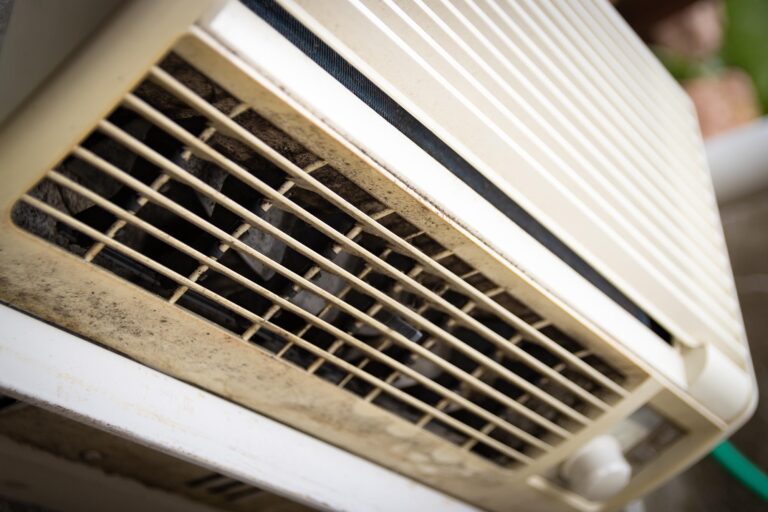
Oct 16, 2024
What is Mold in AC?
-

Sep 13, 2024
Can the Air Conditioner Make You Sick? 7 Signs and What to Do
-
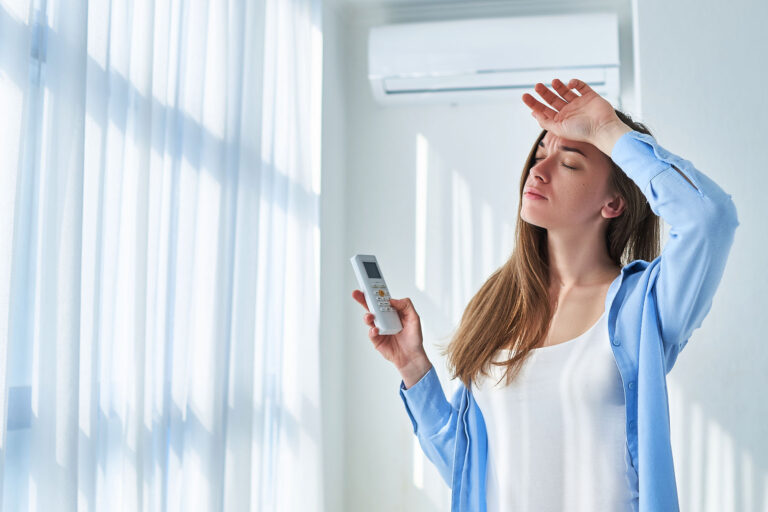
Aug 21, 2024
7 Reasons Why Your Air Conditioner Is Not Cooling Your Home
-
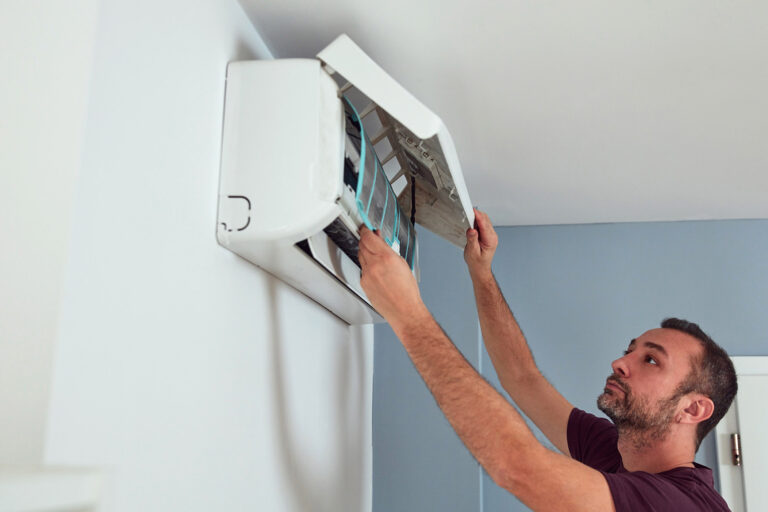
Aug 14, 2024
Why AC Duct Cleaning Is Important in Dubai
-
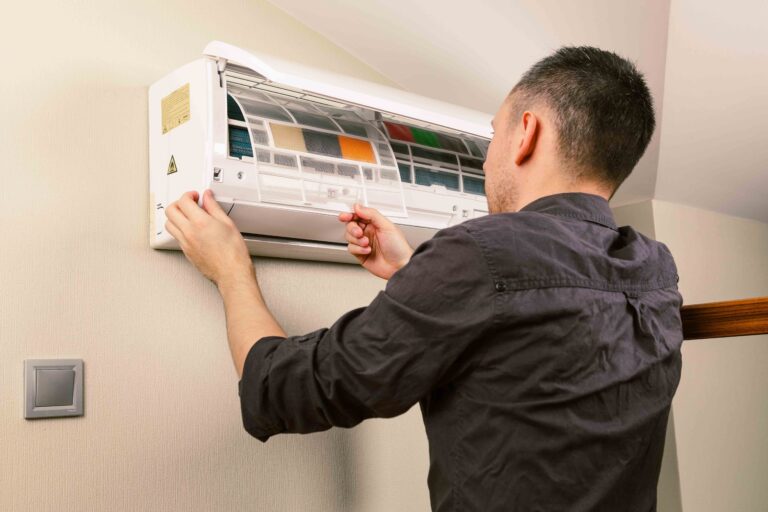
Jul 28, 2024
7 Essential AC Maintenance Tips You Should Follow
-
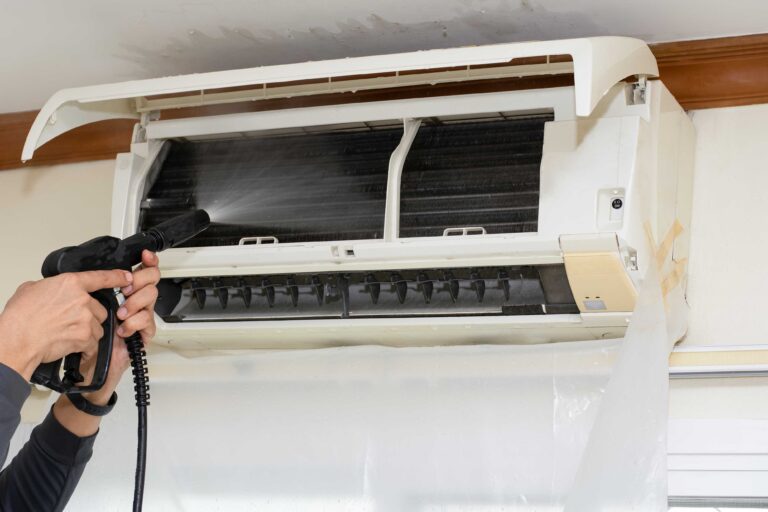
Jul 14, 2024
Is AC Duct Cleaning Necessary? 7 Reasons Why You Should Have Your Air Ducts Cleaned
-

Jun 21, 2024
Keep Your House Neat and Clean With These 10 Tips
-

Jun 14, 2024
Tips on How to Keep Your Mattress Clean
-
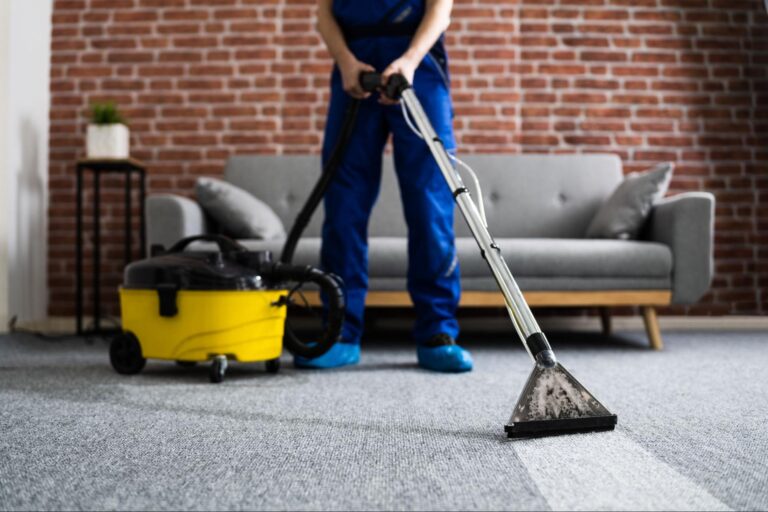
May 28, 2024
Here’s How to Clean Your Carpet at Home
-
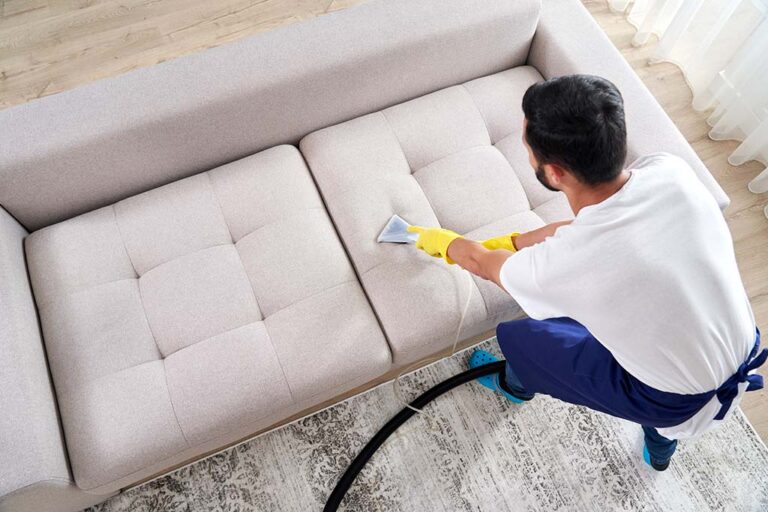
May 14, 2024
How to Clean a Fabric Sofa: Here’s a Guide
-

Apr 28, 2024
10 Cleaning Mistakes to Avoid for a Clean and Tidy Home
-
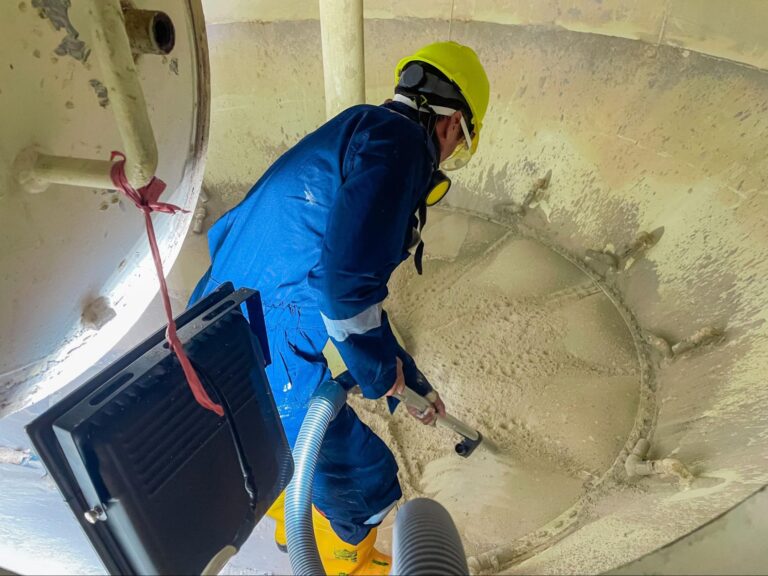
Apr 14, 2024
How to Clean a Water Tank: Water Tank Cleaning Checklist
-
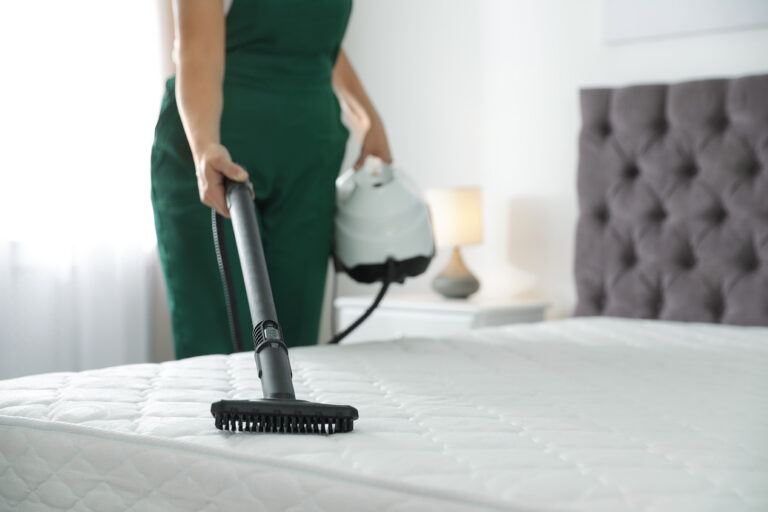
Mar 28, 2024
7 Reasons to Invest in Professional Mattress Cleaning
-
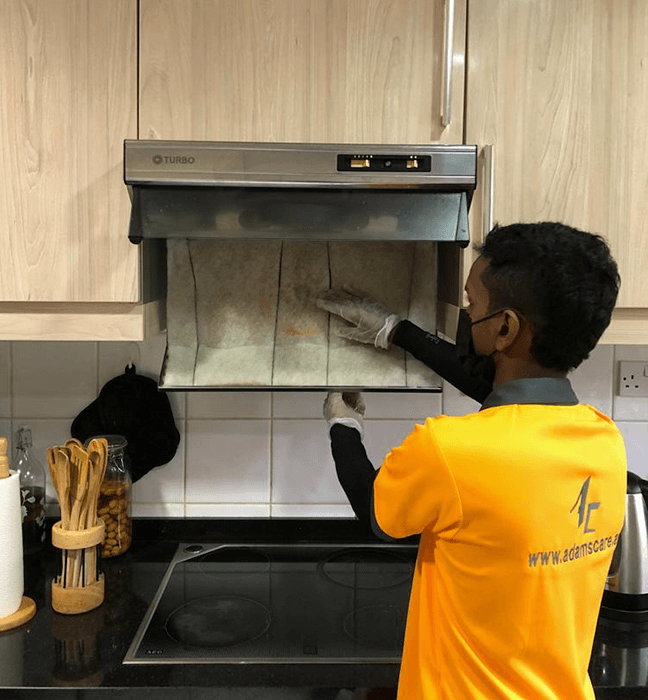
Mar 14, 2024
Why Regular Kitchen Exhaust Cleaning Is Important
-

Feb 28, 2024
7 Tips on How to Clean Curtains While Hanging
-

Feb 14, 2024
Essential Home Cleaning Materials: Here’s a List of Materials You Need for Cleaning Your House
-
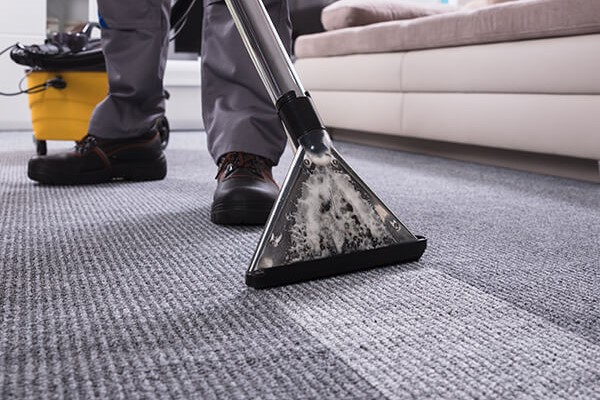
Jan 28, 2024
8 Reasons Why You Should Prioritise Professional Carpet Cleaning Services
-
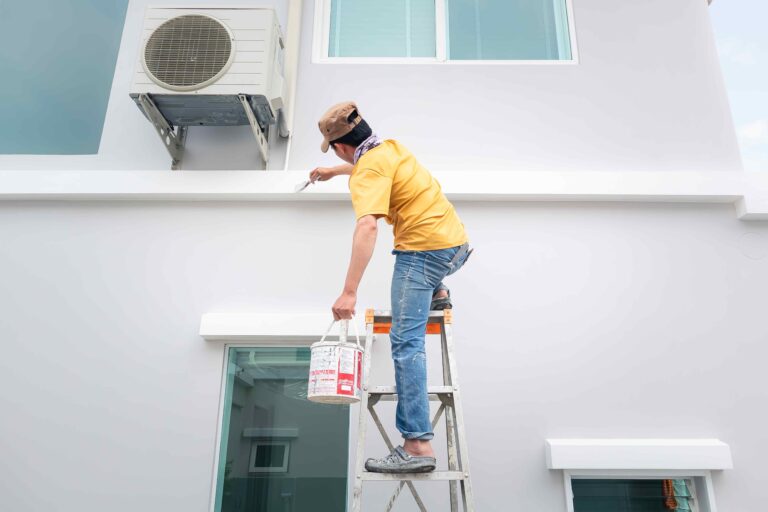
Jan 14, 2024
7 Benefits Gained From Professional Home Painting Services
-

Dec 22, 2023
10 Signs of Poor Indoor Air Quality
-

Dec 8, 2023
8 Tips to Improve Indoor Air Quality
-

Aug 28, 2023
Common Handyman Tasks: A Comprehensive List of Services Offered
-
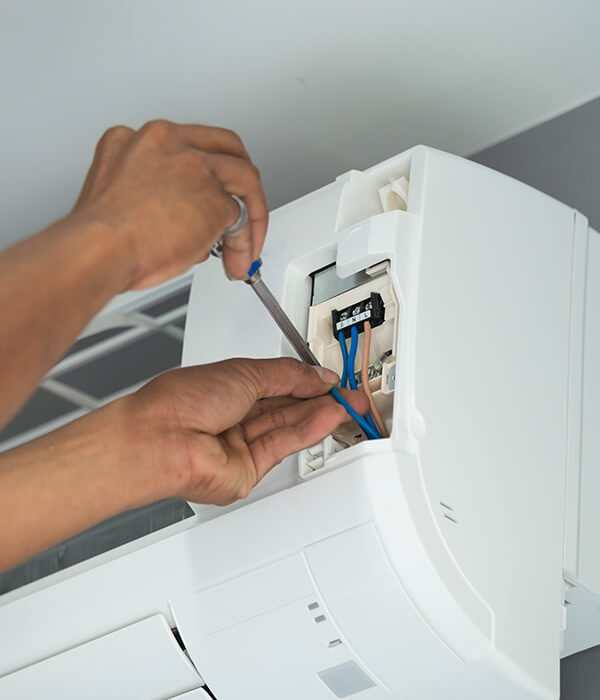
Aug 21, 2023
Energy Audits for UAE Homes: Identifying Opportunities for Efficiency
-
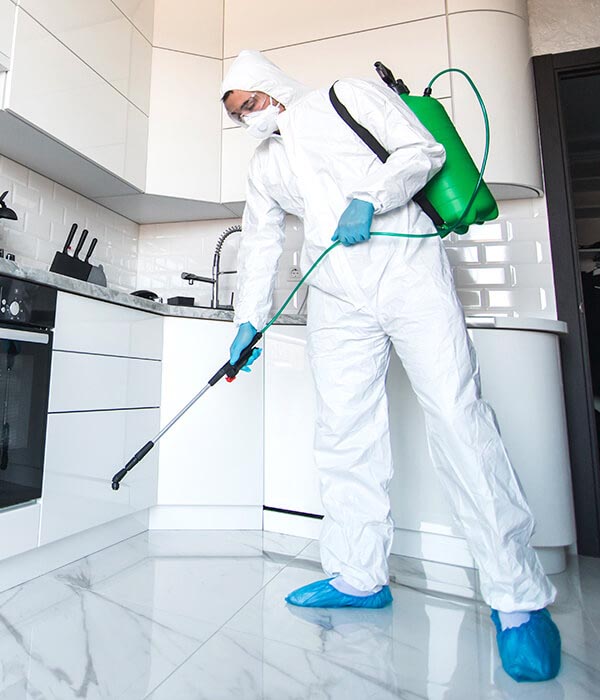
Aug 14, 2023
Sanitization Practices for Dubai’s Urban Living: Addressing High-Touch Surfaces
-
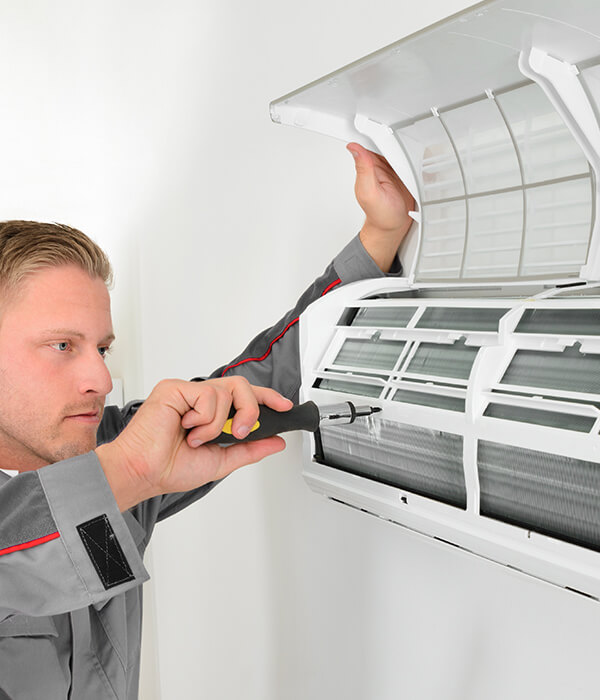
Aug 7, 2023
The Challenges of HVAC in Dubai: Dealing with Extreme Heat and Humidity
-
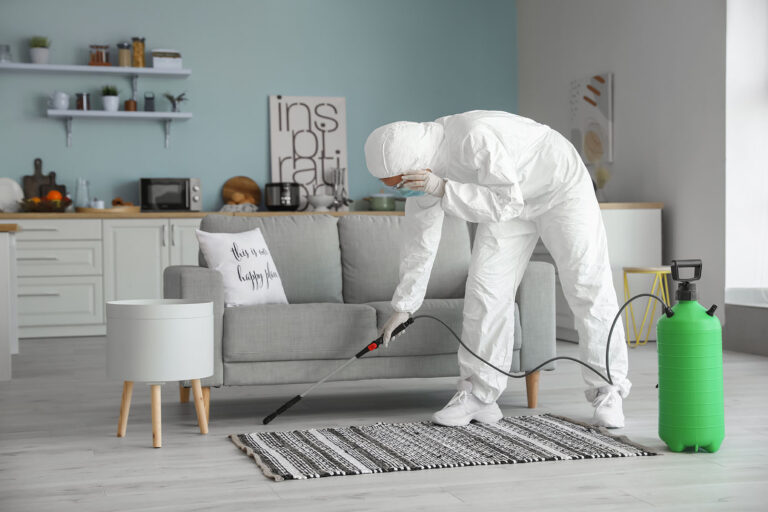
Jul 28, 2023
The Science of Sanitization: Understanding the Principles Behind Effective Home Cleaning
-
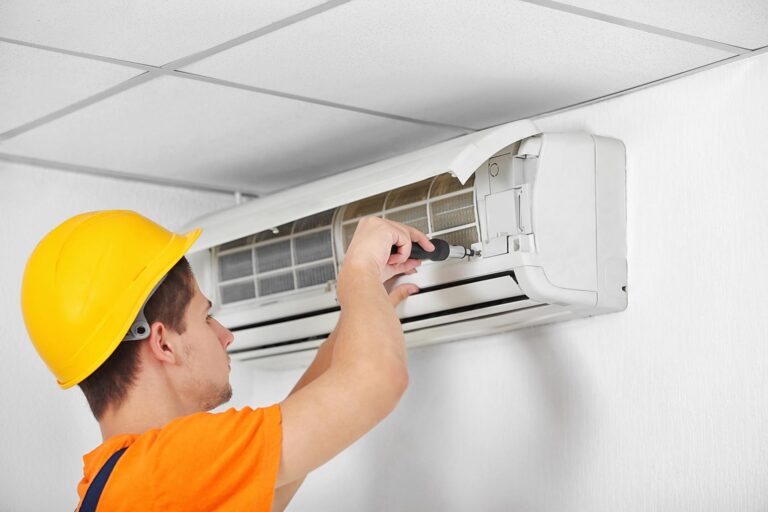
Jul 21, 2023
AC Cleaning and Energy Consumption: Examining the Relationship Between Cleanliness and Efficiency
-
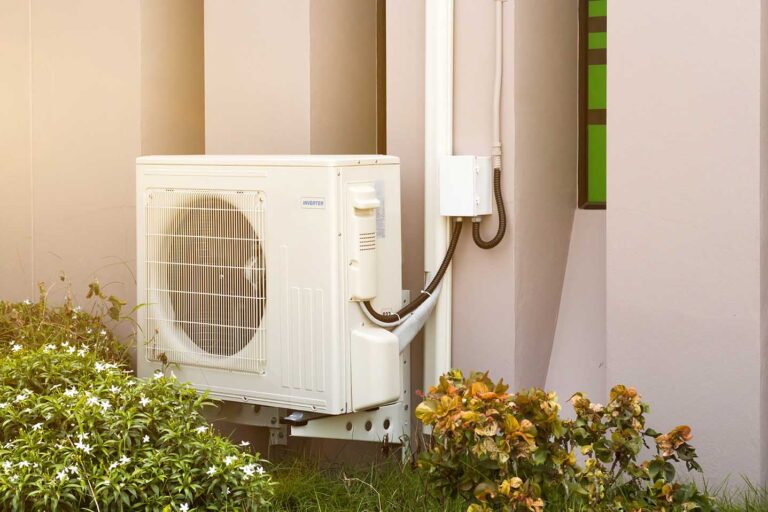
Jul 14, 2023
Maximizing Energy Efficiency in Your HVAC System During the Summer Heat
-
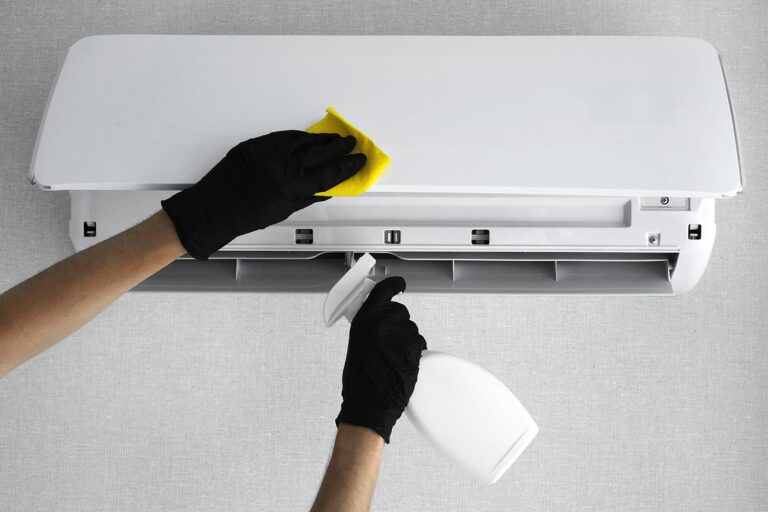
Jul 7, 2023
Mold and Mildew in AC Ducts: Understanding the Risks and Remediation Strategies
-
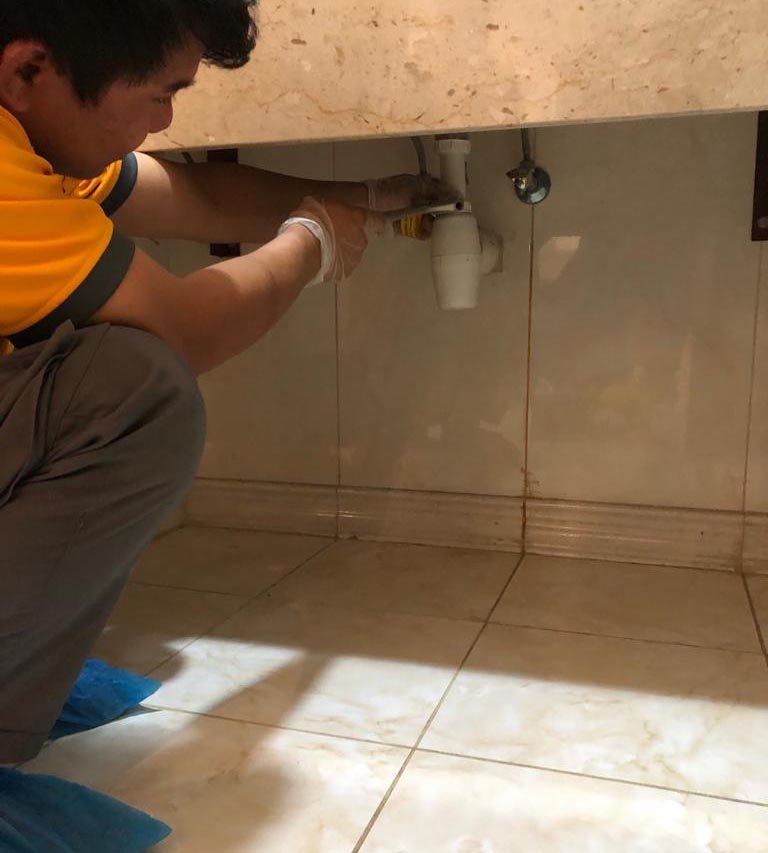
Jun 28, 2023
Signs And Symptoms That May Indicate The Presence Of A Water Leak
-
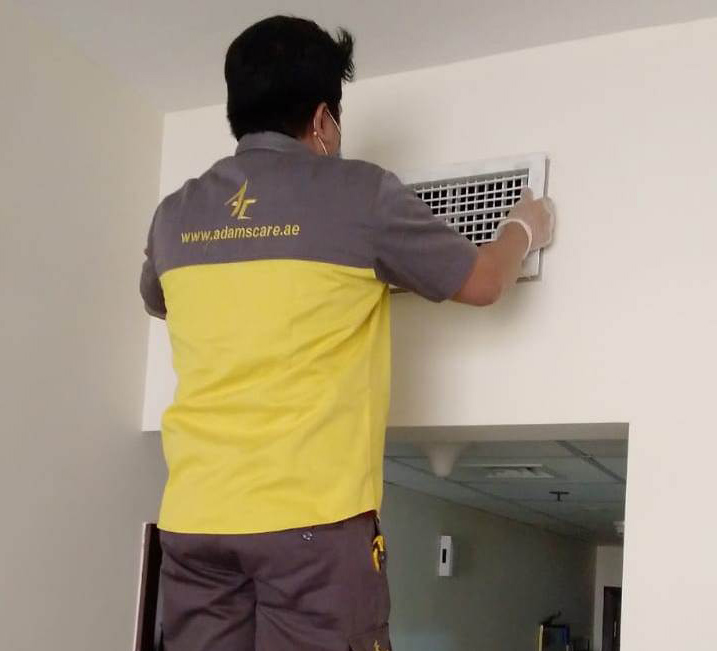
Jun 21, 2023
Types Of Contaminants That Can Be Found In AC Ducts
-
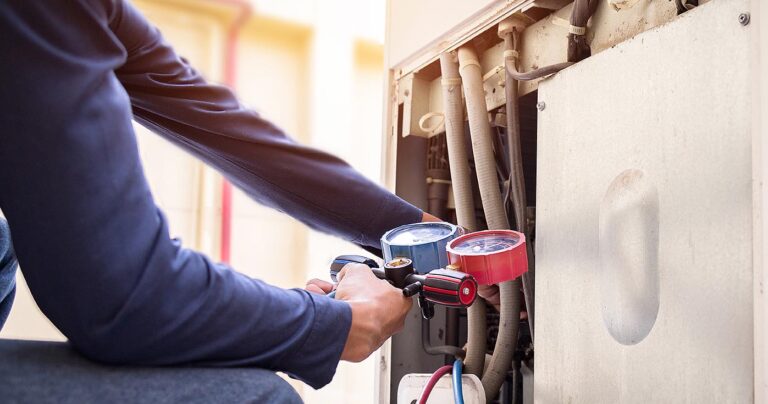
Jun 14, 2023
Indoor Air Quality (IAQ): Exploring The Impact Of HVAC Systems On Indoor Air Quality
-
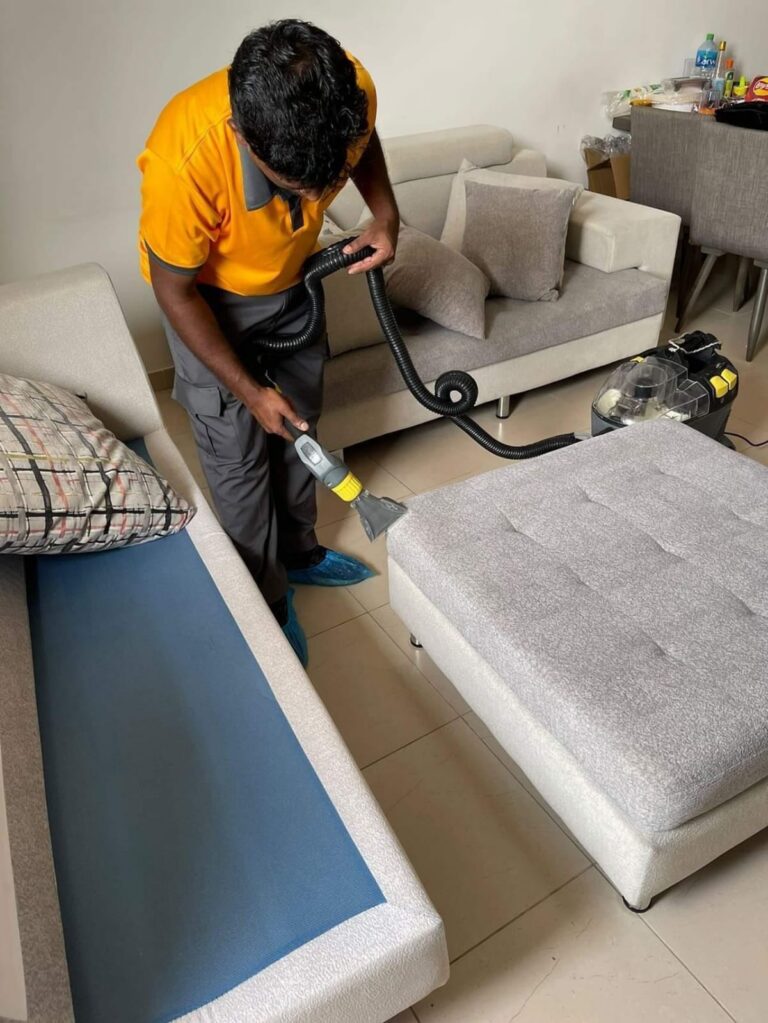
Jun 7, 2023
Principles Of Effective Cleaning And Disinfection
-
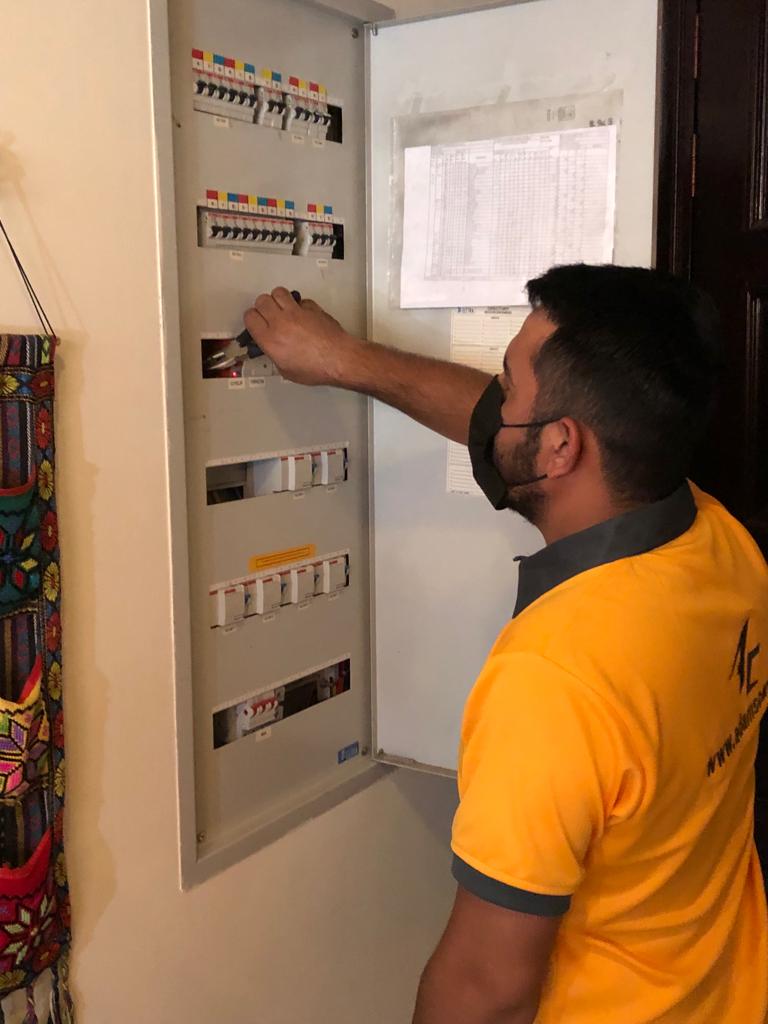
May 28, 2023
Upgrading Your Electrical System: What Do You Get?
-
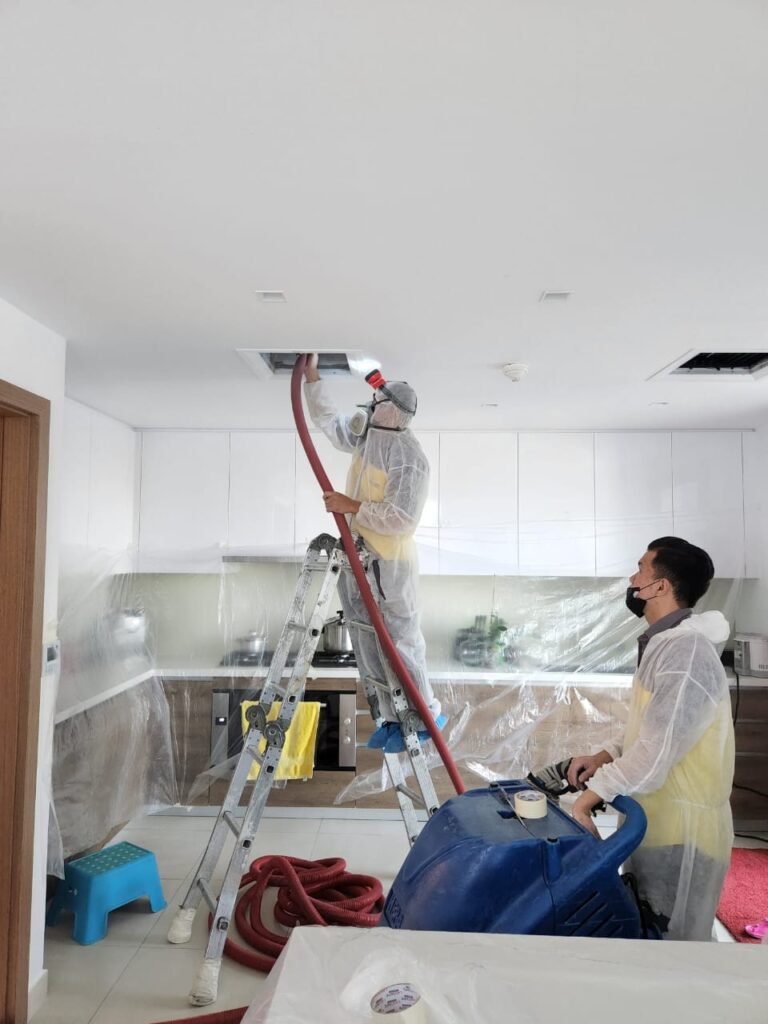
May 21, 2023
Quick Guide to HVAC Emergencies: Keeping Your Home Comfortable and Safe
-
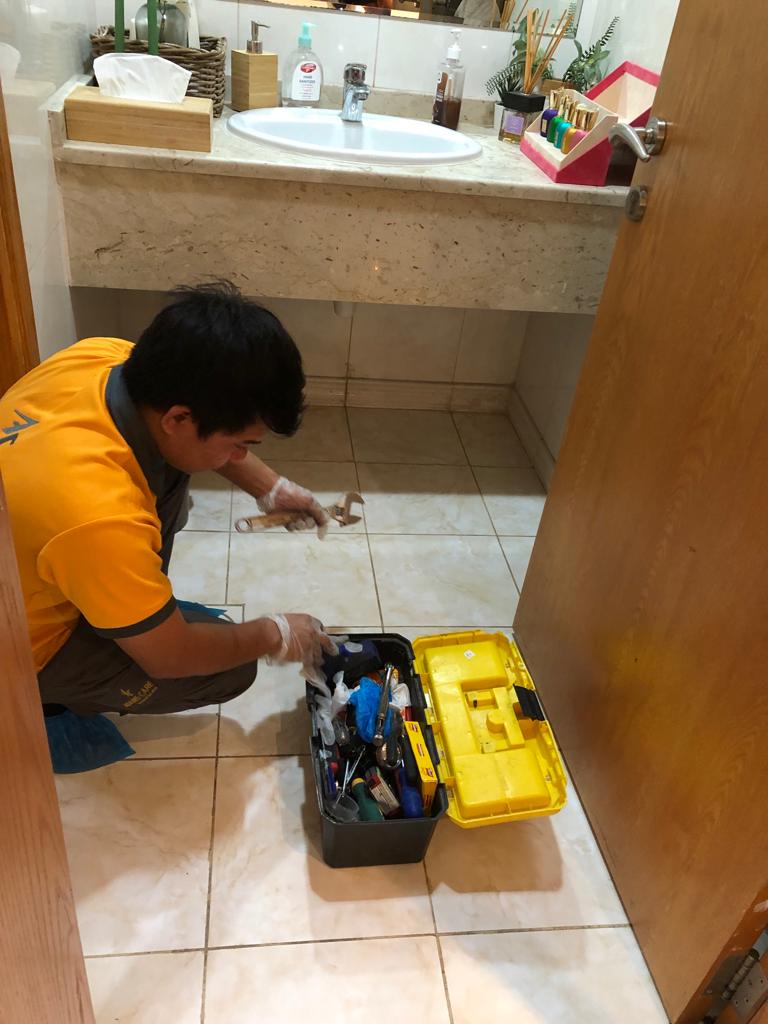
May 14, 2023
Plumbing Emergencies: How to Respond Quickly and Effectively
-
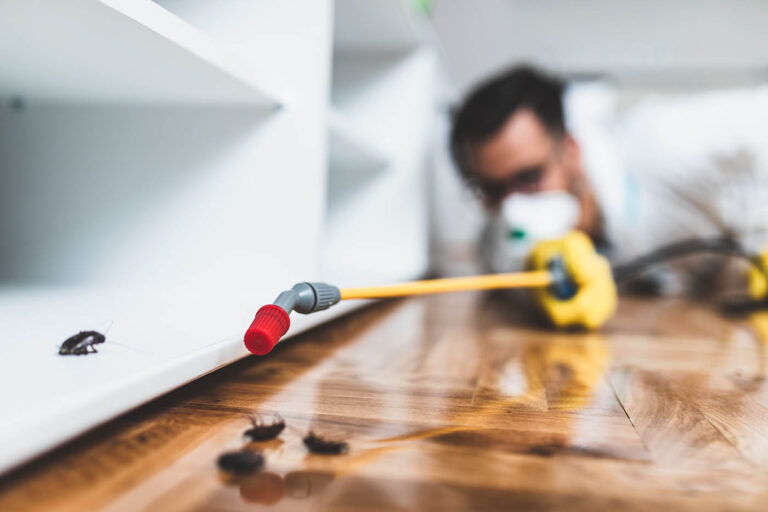
May 7, 2023
Protecting Your Home from Pests: Tips and Strategies for Effective Pest Control
-

Apr 28, 2023
Maximizing the Longevity of Your Property: The Need For Regular Mold Inspection
-

Apr 21, 2023
Protecting Your Health and Well-being: The Benefits of Comprehensive Sanitization Services
-

Apr 14, 2023
Maximizing the Performance of Your HVAC System: The Benefits of Expert AC Duct Cleaning
-
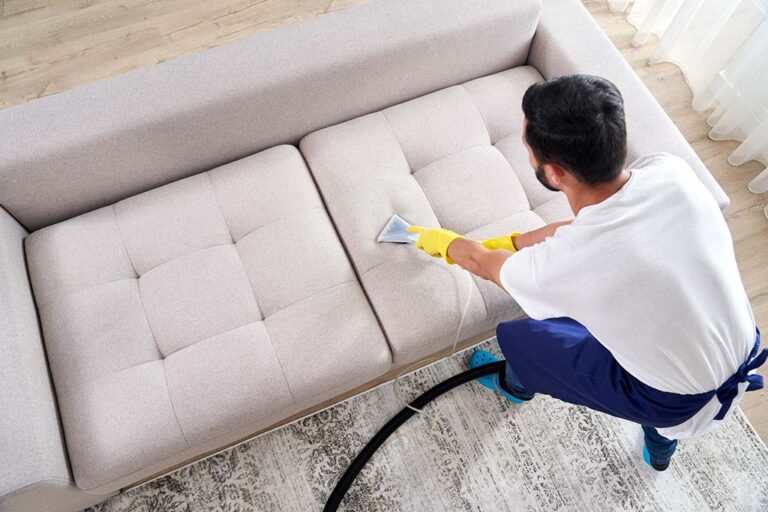
Apr 7, 2023
Protect Your Investment: The Benefits of Regular Sofa Cleaning for Your Furniture
-
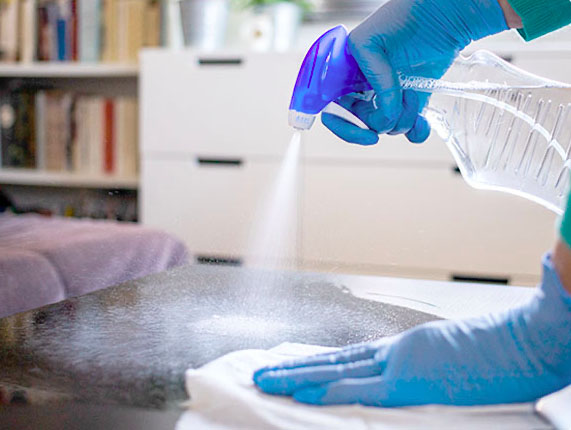
Mar 28, 2023
Summer Cleaning Checklist
-
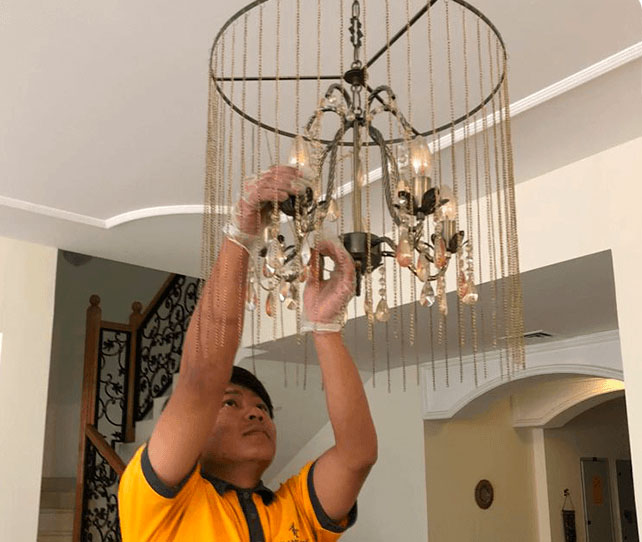
Mar 21, 2023
How To Clean Your House If You Have Allergies
-

Mar 14, 2023
How To Keep Your Hardwood Flooring Clean In 3 Steps!
-
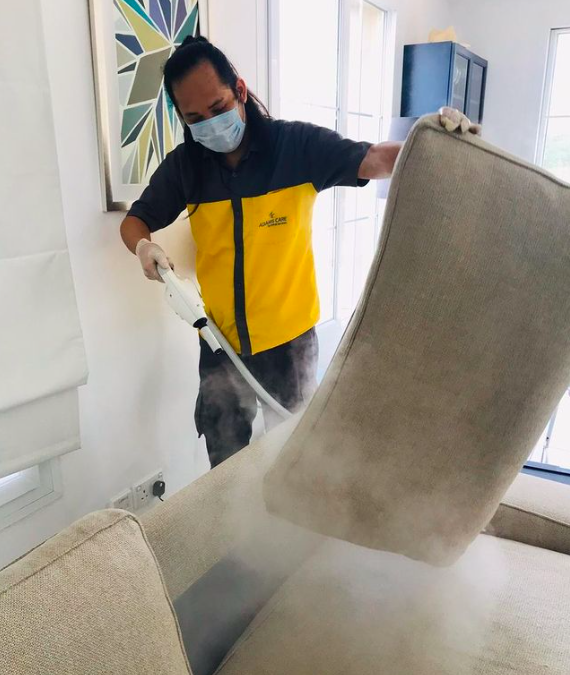
Mar 7, 2023
Safeguard Your Home By Cleaning and Sanitizing Your Furniture
-
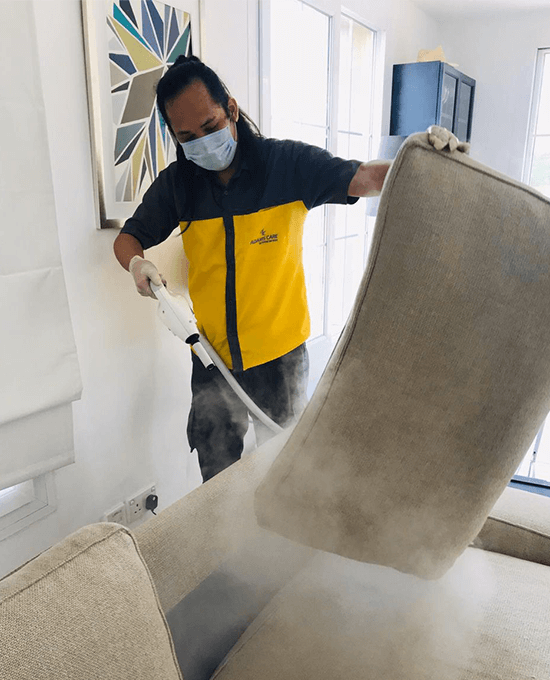
Feb 21, 2023
Sofa Cleaning Mistakes You Need To Avoid
-
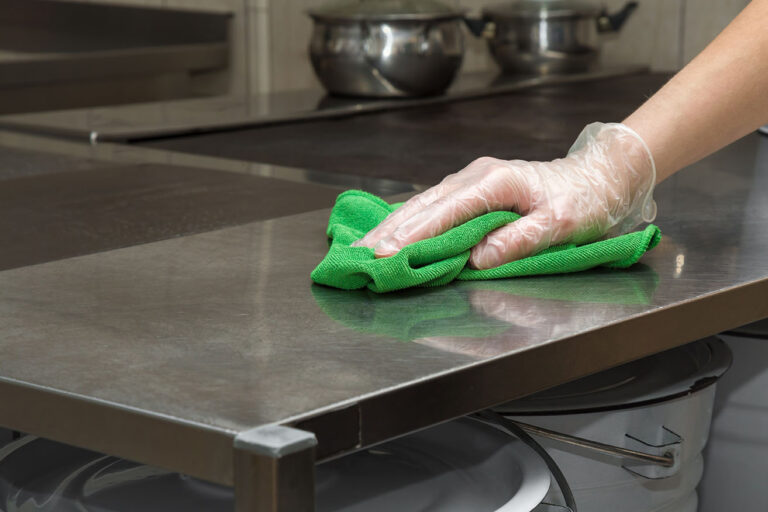
Feb 14, 2023
How Regular Maintenance Can Improve Your Property Value
-
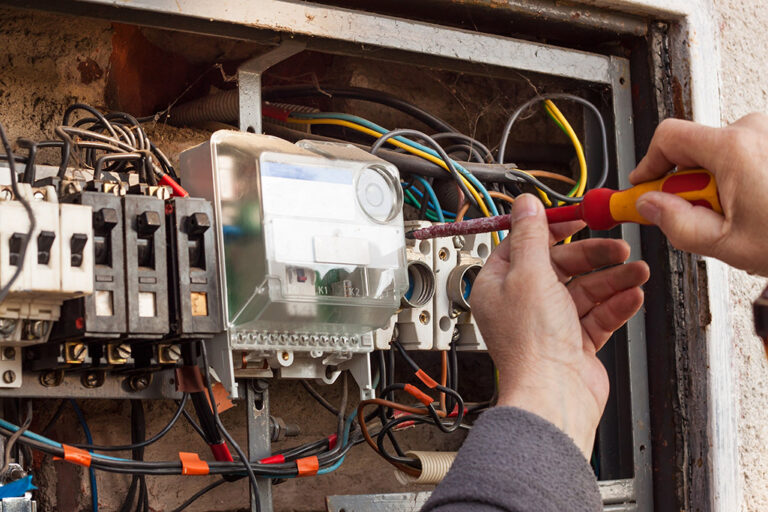
Feb 7, 2023
Why You Should Never Try Electrical Repairs By Yourself
-

Jan 28, 2023
Why Hiring Post-Construction Cleaners Is A Must
-
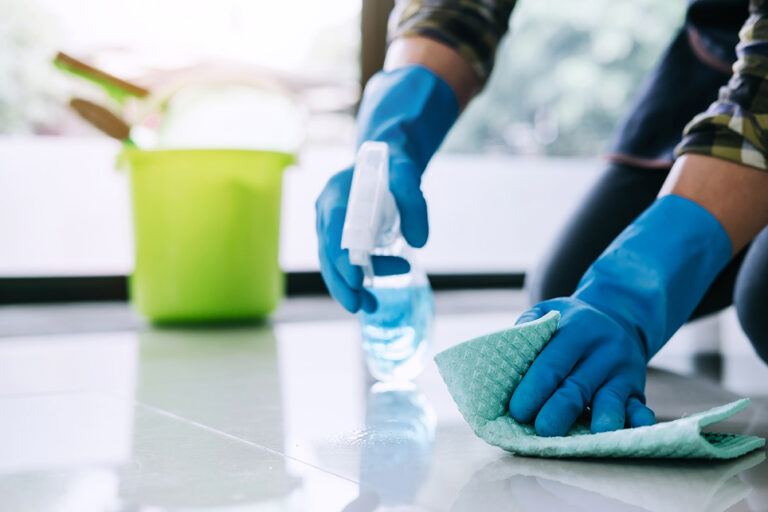
Jan 21, 2023
Basics About Mold And Dampness In Your House
-

Jan 14, 2023
Deep Cleaning Upholstery: Is It Worth It?
-

Jan 7, 2023
Spring Cleaning 2023: Things To Keep In Mind
-
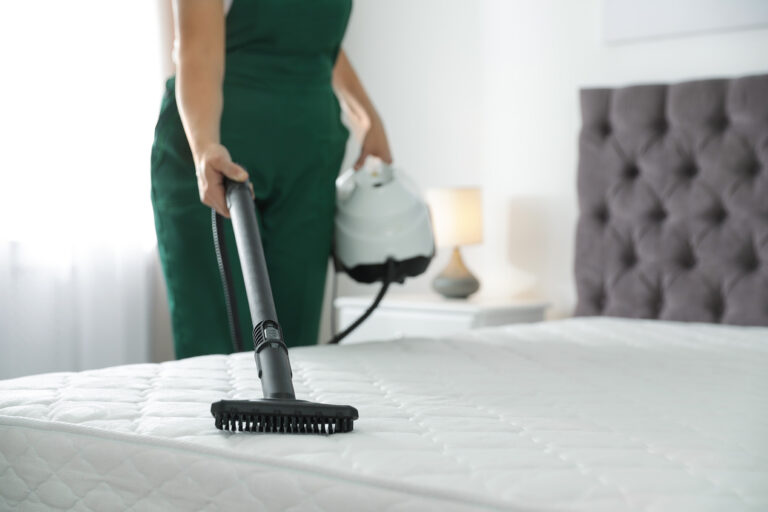
Dec 28, 2022
What To Consider Before Booking A Professional Mattress Cleaning Service
-
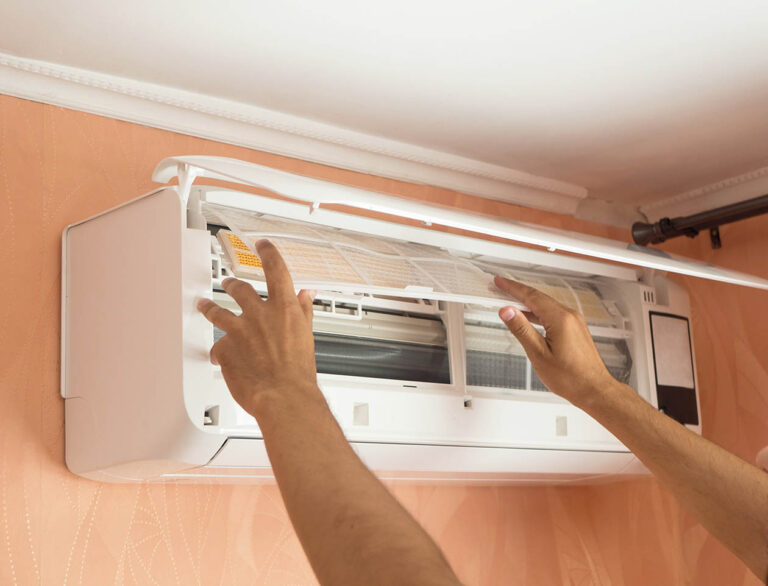
Dec 21, 2022
Signs Your AC Needs Replacement
-

Dec 21, 2022
Signs You Need Furniture Cleaning and Home Sanitization
-
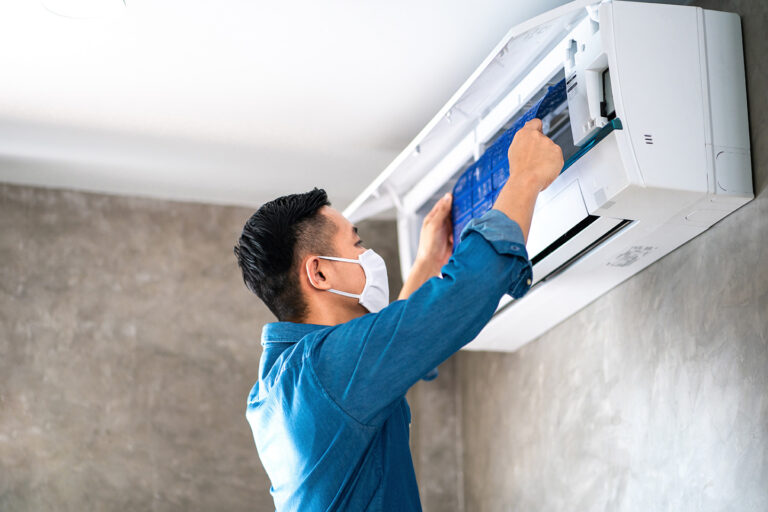
Dec 14, 2022
Implications Of Skipping Professional AC Cleaning & Sanitization
-

Dec 7, 2022
Why Should You Consider Getting A Pest Control Contract?
-
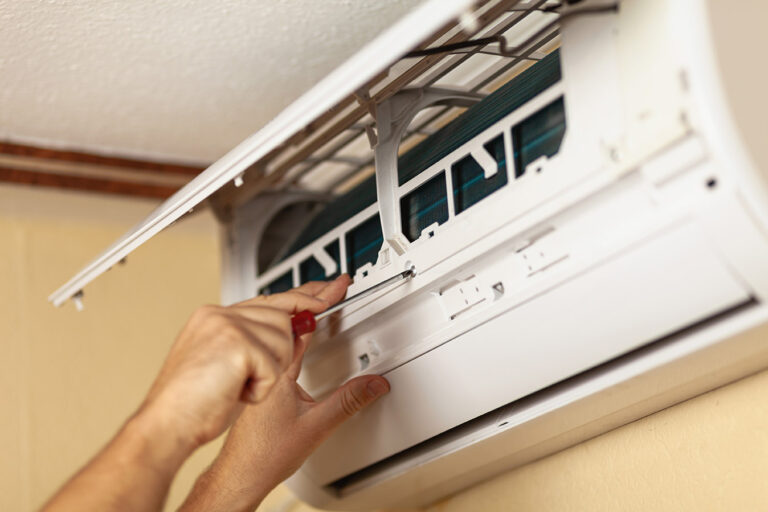
Nov 28, 2022
Spots Where You Shouldn’t Install Your AC
-
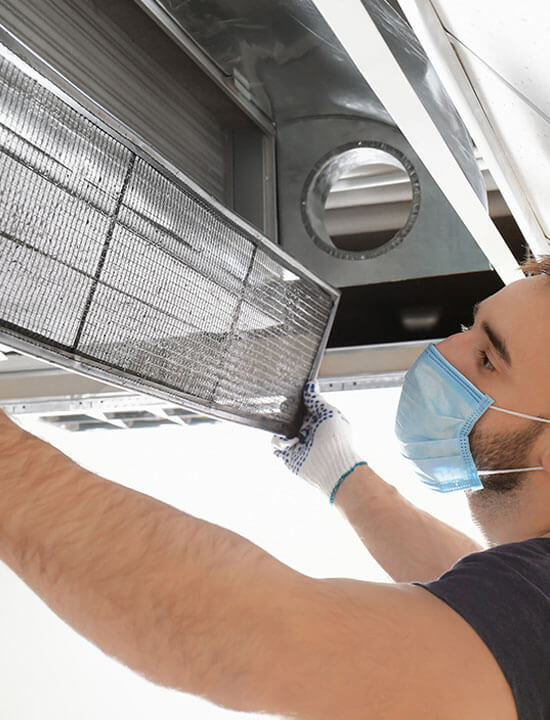
Nov 14, 2022
Preparing Your AC For Winter
-
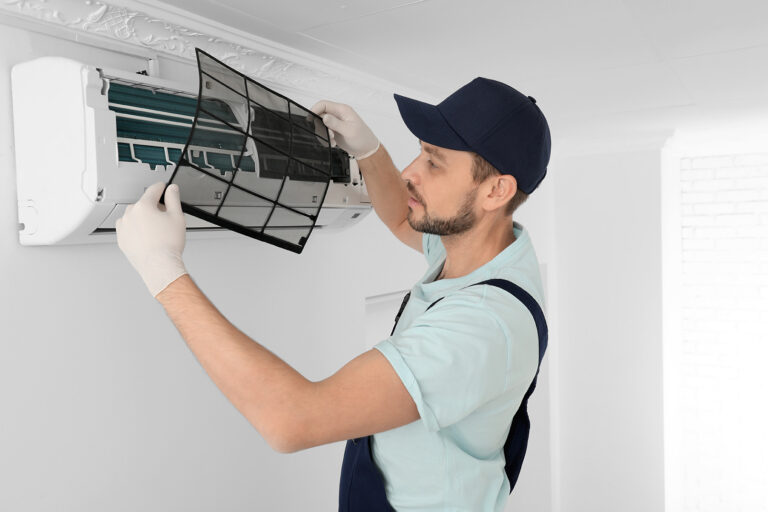
Nov 7, 2022
Should You Repair or Replace Your AC Unit?
-

Oct 28, 2022
AC Mistakes That Are Costing You Money
-
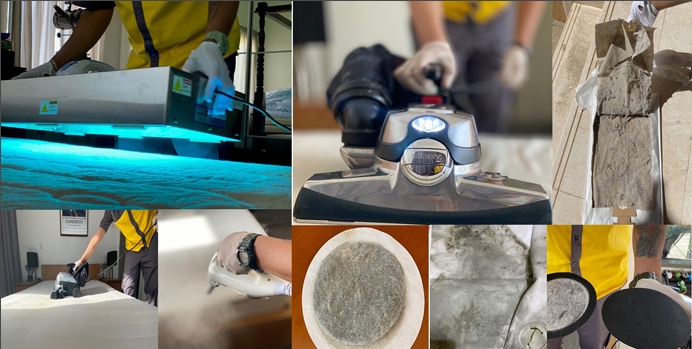
Oct 21, 2022
Why Home Sanitization Should Still Be A Priority Even After The Pandemic
-
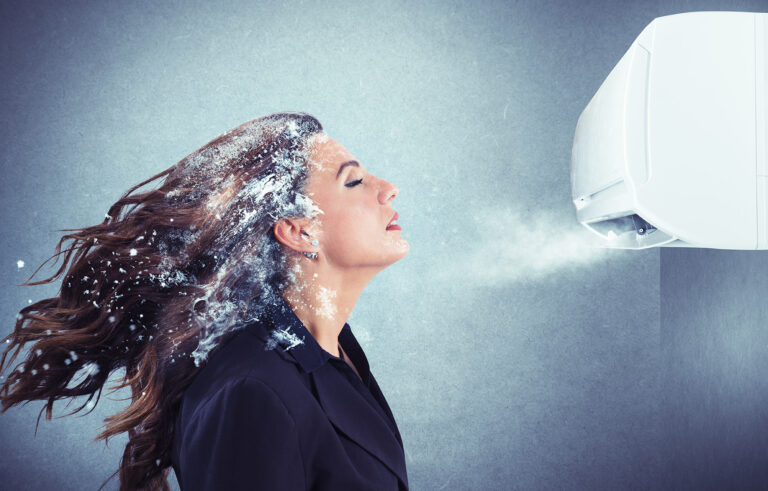
Oct 14, 2022
Things You Should Clean Before Winter
-

Oct 7, 2022
What you Can Expect From Annual Maintenance Contracts
-
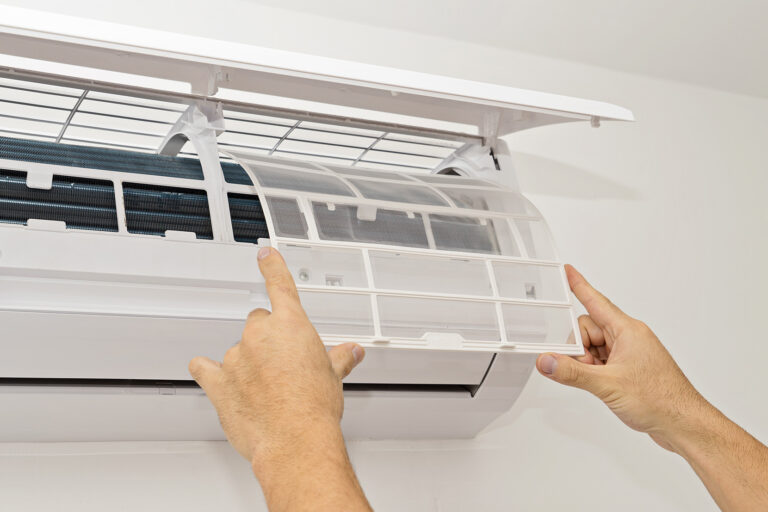
Sep 28, 2022
Things That Degrade Indoor Air Quality
-
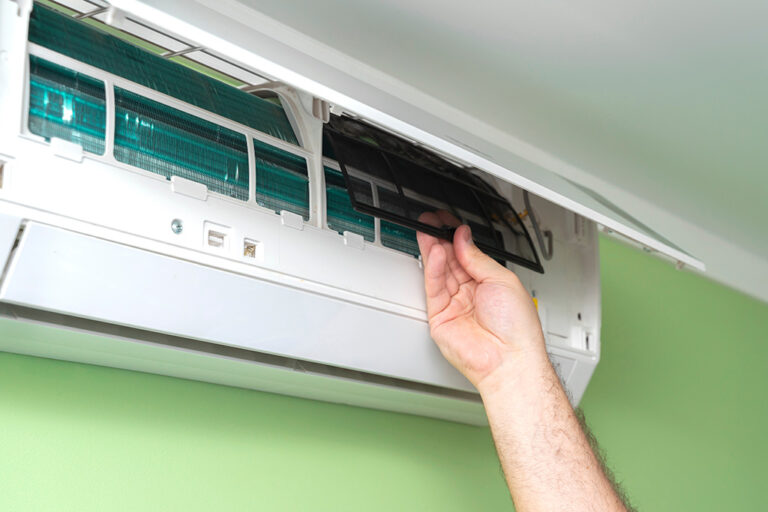
Sep 21, 2022
Tips For Preparing Your Air Conditioning Unit This Fall
-
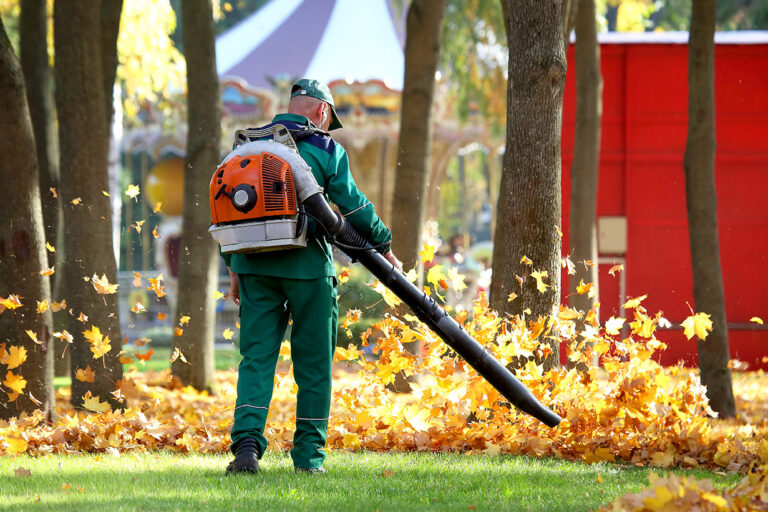
Sep 7, 2022
Why Your Yard Needs A Seasonal Fall Cleanup
-
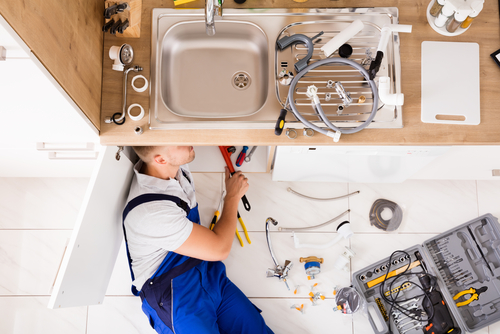
Aug 28, 2022
Benefits of An Annual Maintenance Contract
-
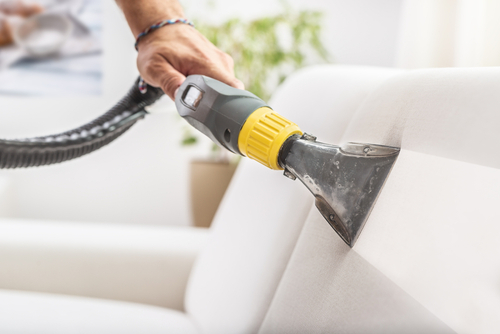
Aug 21, 2022
How Often Should You Deep Clean Your Furniture?
-

Aug 14, 2022
The Right Way To Disinfect Your Home
-
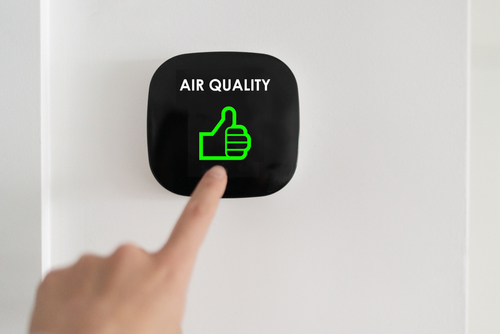
Aug 7, 2022
Why Indoor Air Quality Is Important
-
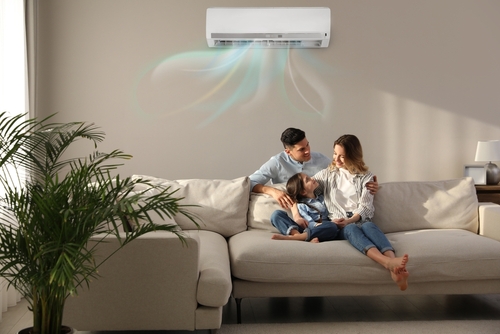
Jul 28, 2022
Ways To Improve Air Conditioning Efficiency
-

Jul 21, 2022
5 Benefits Of A Good Ventilation System
-
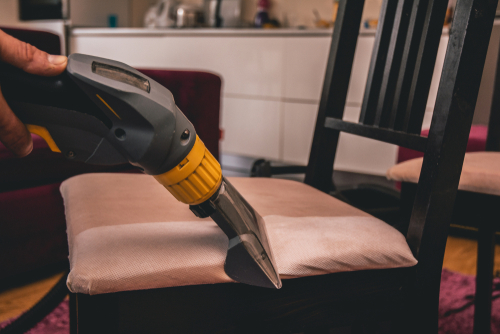
Jul 14, 2022
The Difference Between Deep And Regular Cleaning
-
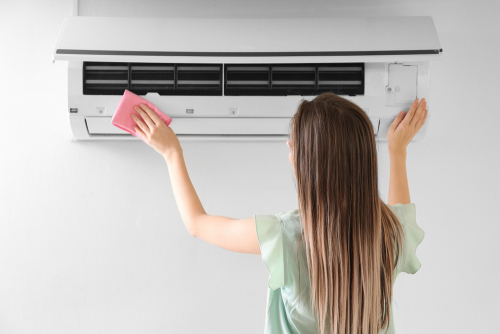
Jul 7, 2022
The Unknown Consequences Of A Dirty Air Conditioner
-

Jun 28, 2022
Would Self-Painting Cut it? Benefits Of Hiring A Professional.
-

Jun 21, 2022
How Often Should You Deep Clean Your Home?
-
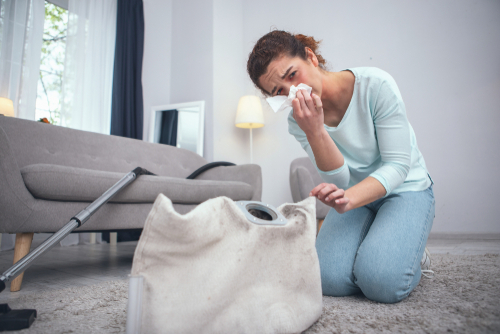
Jun 14, 2022
What Is Household Dust Made Of And Why They Can Be Bad For You
-
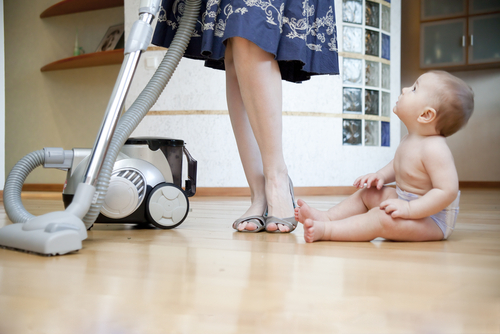
Jun 7, 2022
Deep Cleaning Checklist Before The Baby Arrives
-

May 28, 2022
Why You Should Leave Plumbing Issues To The Pros
-

May 21, 2022
Why HVAC Maintenance Is A Good Investment
-
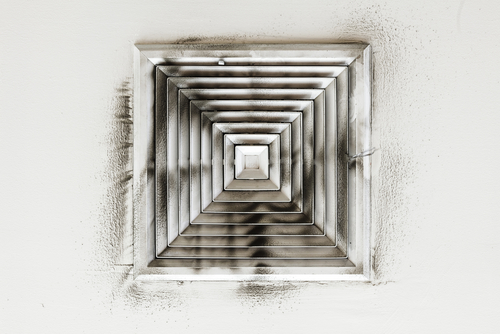
May 14, 2022
Role Of Unclean Air Ducts in Triggering Allergies
-
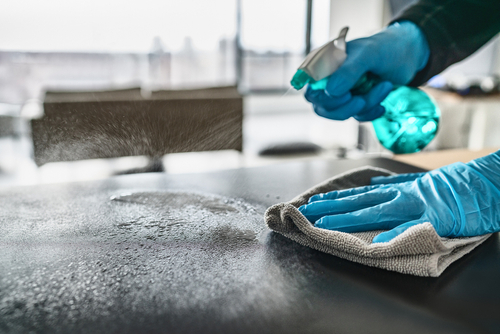
May 7, 2022
Why Sanitizing Your Homes Should Be A Priority
-
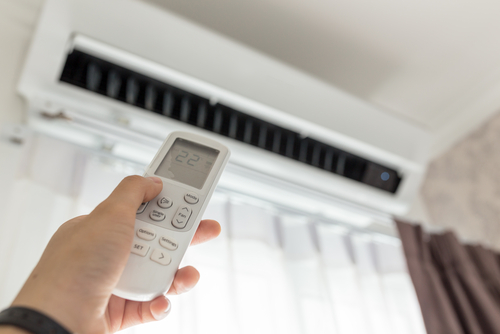
Apr 21, 2022
How To Take Care Of Your AC During Dubai’s Hottest Months
-
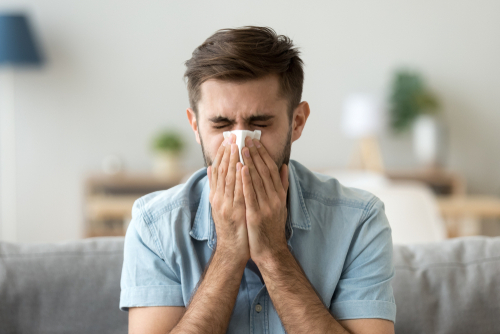
Apr 14, 2022
How Dust Affects Those With Overactive Immune System?
-

Apr 7, 2022
Here’s Why You Should Regularly Get Your ACs Serviced
-
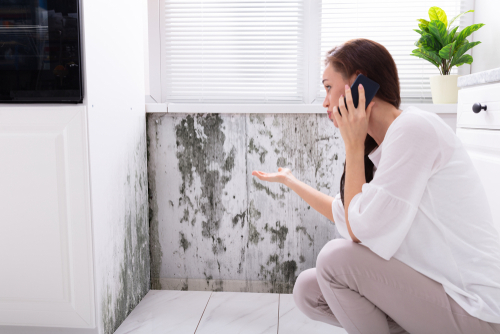
Mar 28, 2022
How To Avoid Mold Build-Up In Your Home
-
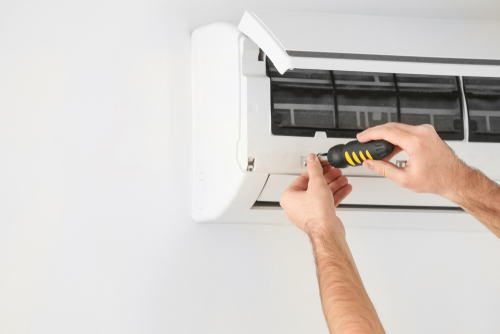
Mar 21, 2022
Why Timely AC Maintenance Also Saves Your Money
-
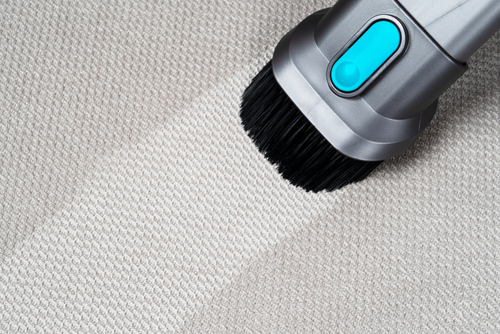
Mar 14, 2022
The Importance of Regular Home Deep Cleanings
-

Mar 7, 2022
7 Reasons Why AC Units Breakdown In The Summer
-

Feb 28, 2022
5 Reasons An Annual Maintenance Contract Is Worth The Expense
-
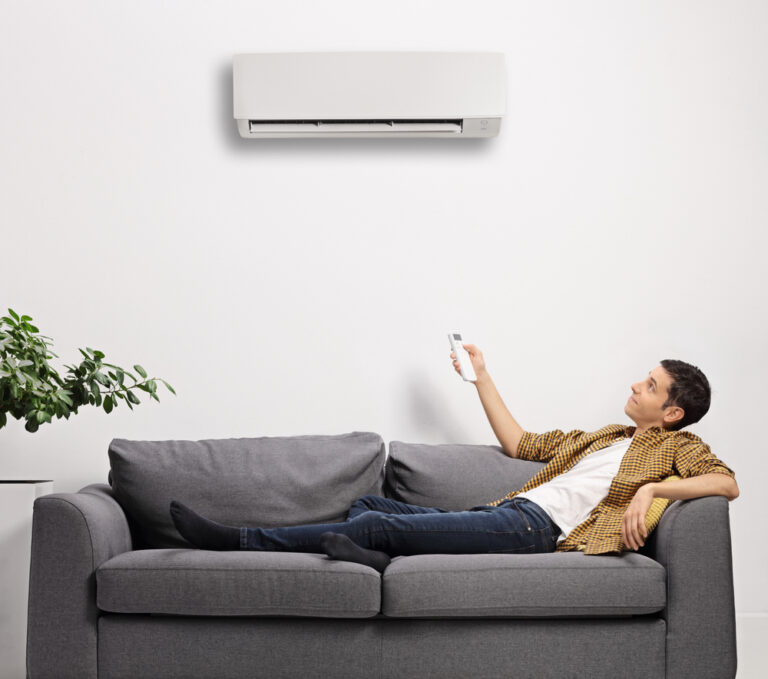
Feb 21, 2022
Exploring How The Pandemic Made Clean Air More Essential Than Ever
-
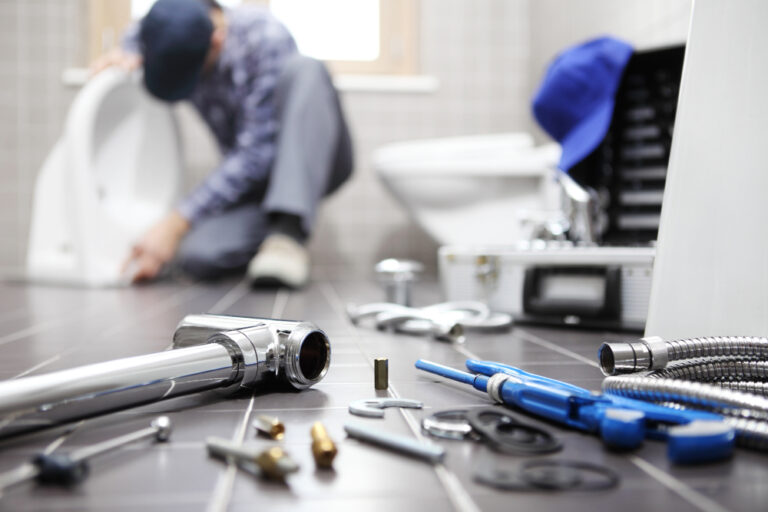
Feb 14, 2022
What You Need To Know About Annual Maintenance Contracts
-
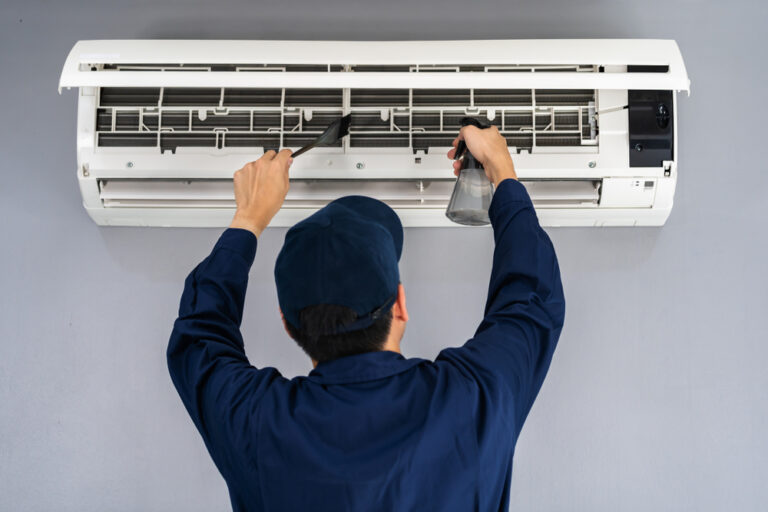
Feb 7, 2022
Is Your Air-Conditioning Making You Sick? Here’s How To Avoid It
-
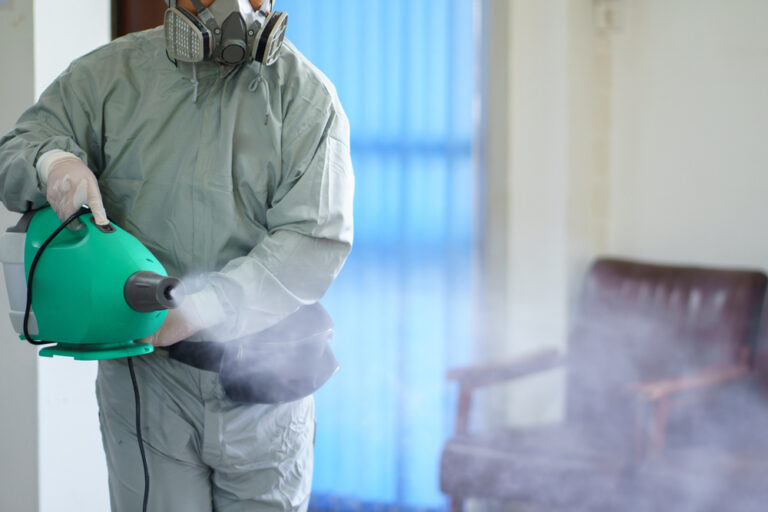
Jan 28, 2022
Here’s Why You Should Disinfect Your Home When You Move Into A New House
-

Jan 21, 2022
Reduce Your Electric Bills With These 5 Maintenance Practices
-

Jan 14, 2022
Common Air Pollutants In Your Home That’s Causing You Harm
-

Jan 7, 2022
Relocation Checklist: Do These 5 Things Before You Move In
-
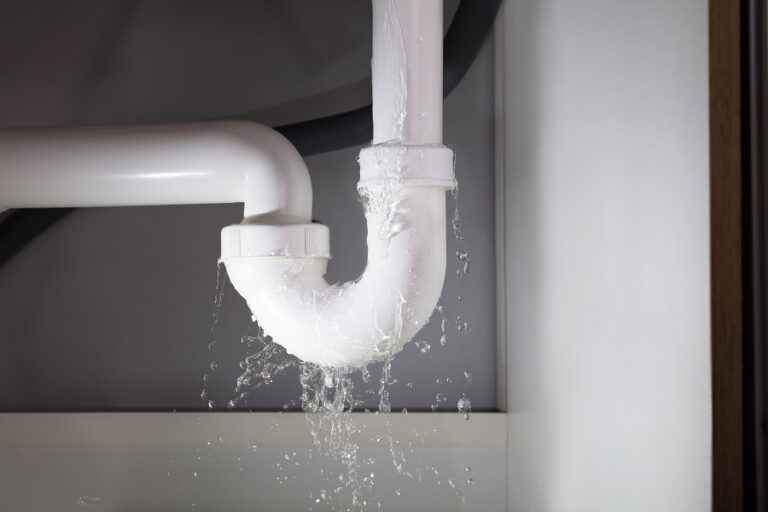
Dec 28, 2021
What To Do In A Plumbing Emergency? Quick Tips For New Homeowners
-
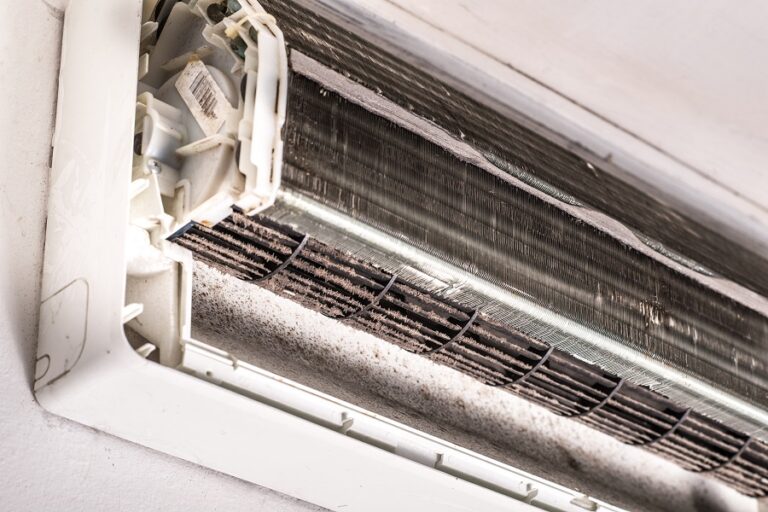
Dec 21, 2021
Why You Should Clean Your A/C Before Moving In
-
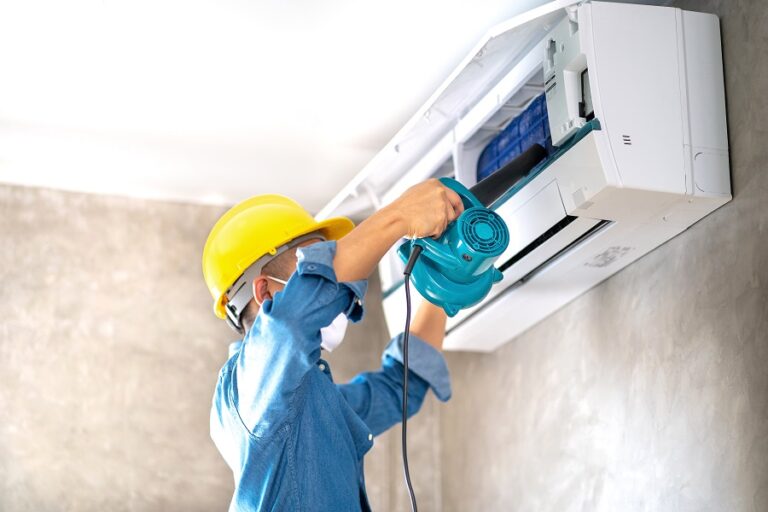
Dec 14, 2021
How To Keep Your AC’s Clean And Why It Is Important
-
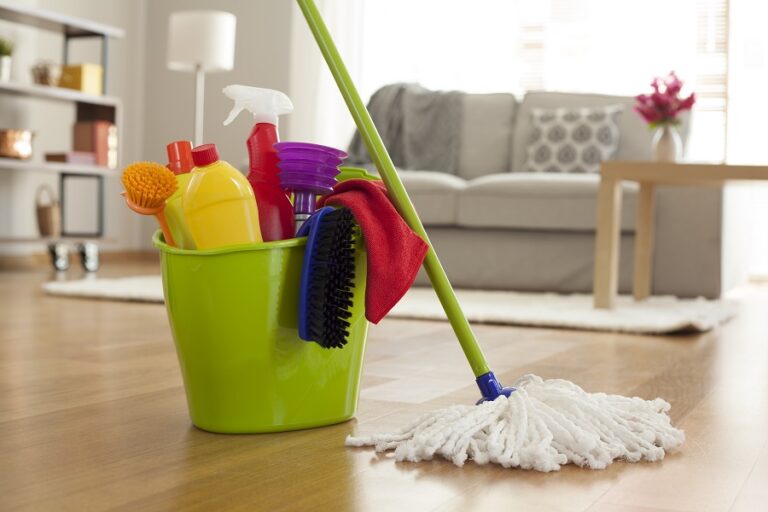
Dec 7, 2021
Our Recommendations: The Top Sustainable Cleaning Products You Should Be Using
-
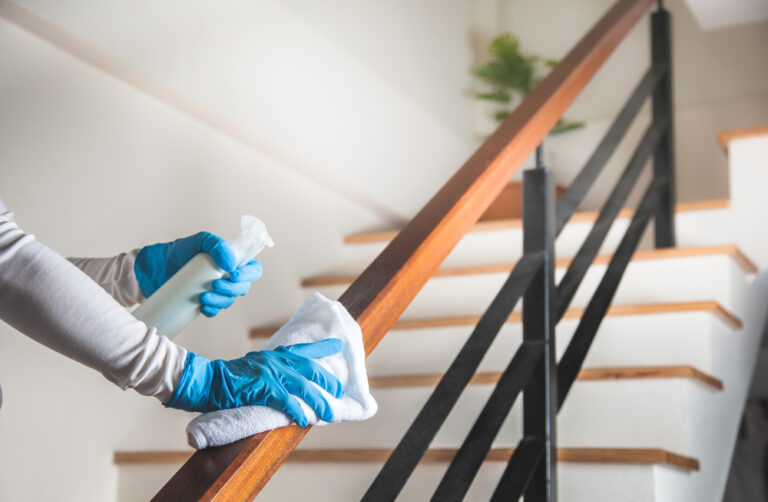
Nov 22, 2021
Essential Tips For Sanitizing Your Business During the Pandemic
-
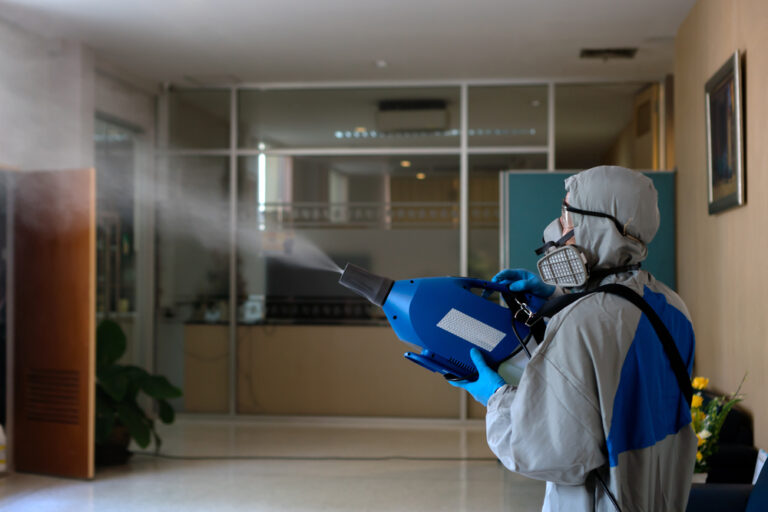
Nov 15, 2021
Basics Of Cleaning: Exploring The Difference Between Disinfection And Sterilization
-
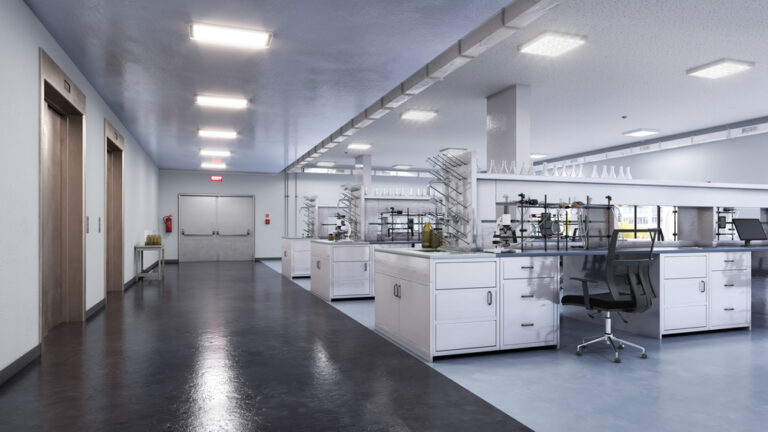
Nov 1, 2021
Going Green: Most Effective Strategies For Sustainable Cleaning In Offices
-

Oct 22, 2021
Annual Maintenance & Cleaning: 4 Steps To Ensure Your Home Is In Optimal Condition
-
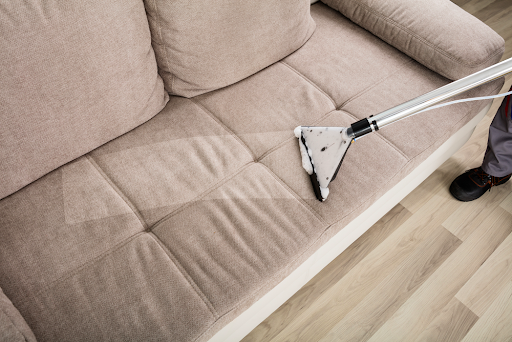
Oct 15, 2021
Boosting Value: The Ultimate Guide To Maintaining Your Home Furniture
-
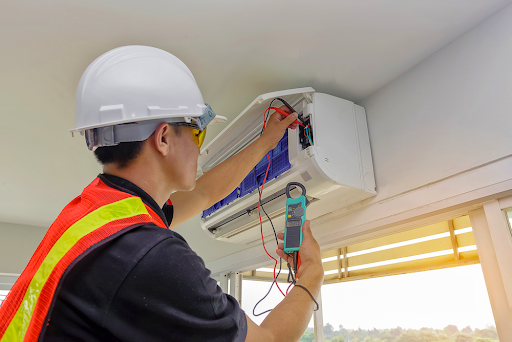
Oct 8, 2021
Why Annual Maintenance Of HVAC Unit Is Essential For Your Family’s Safety
-
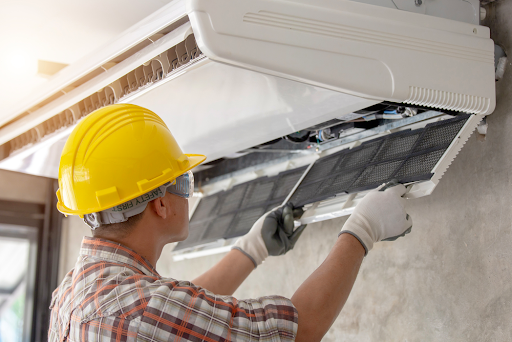
Oct 1, 2021
Ensuring Safety: How Can HVAC Cleaning Help Against Indoor Pollution
-

Sep 22, 2021
The Ultimate Home Maintenance Checklist For New Homeowners
-
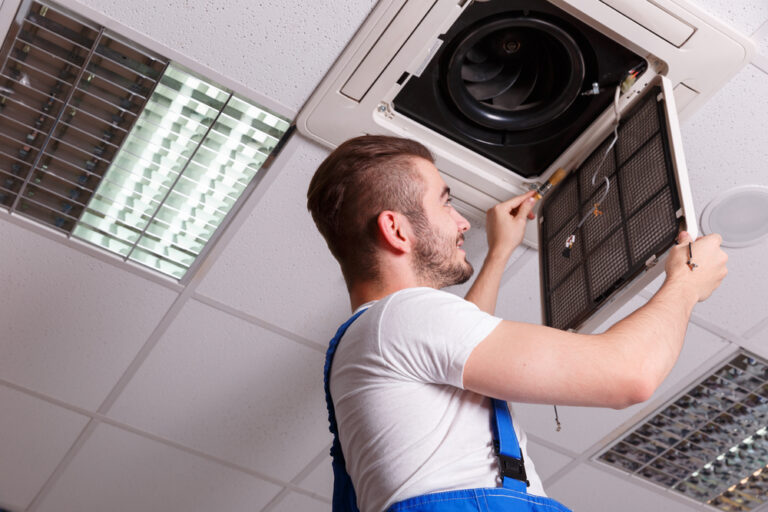
Sep 8, 2021
Crucial Steps To Ensure Your Air Conditioning System Operates Smoothly
-
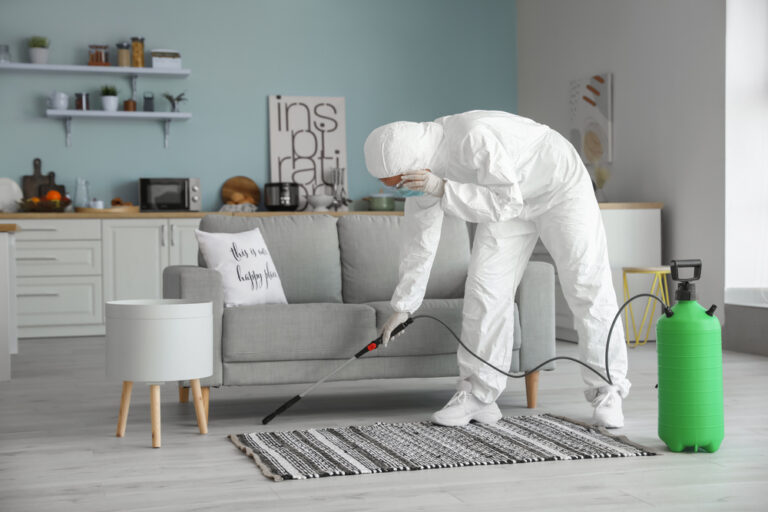
Sep 1, 2021
The Dos And Don’ts Of Sanitization To Make Your Home Safe For Loved Ones
-
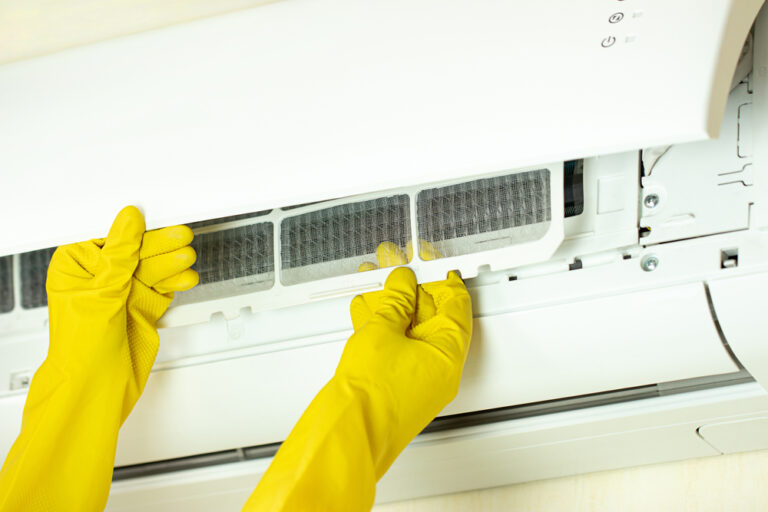
Aug 22, 2021
Always Cool: How To Make Your AC System Function Well Through The Year
-

Aug 15, 2021
Quick Sanitization Tips To Keep Your Home Safe At All Times
-

Aug 8, 2021
Technical Maintenance Guide in Choosing the Best Maintenance Package For Your Home
-
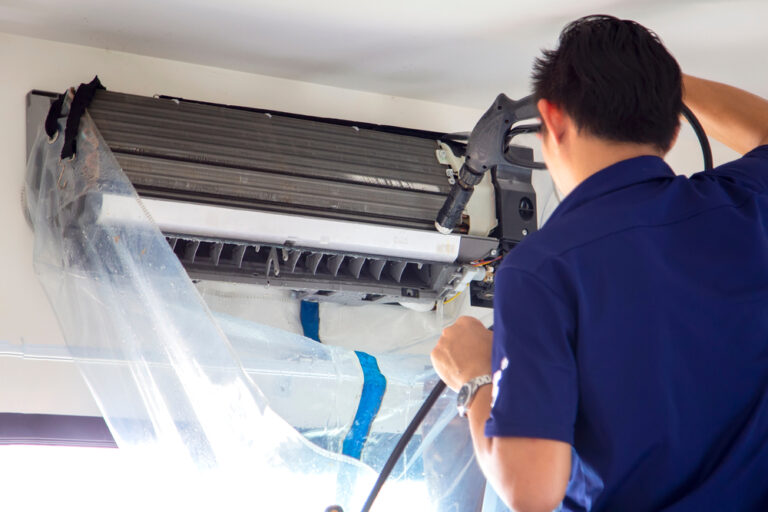
Aug 1, 2021
Healthier Celebrations: Avail a Professional Air Duct and Deep Clean Service
-
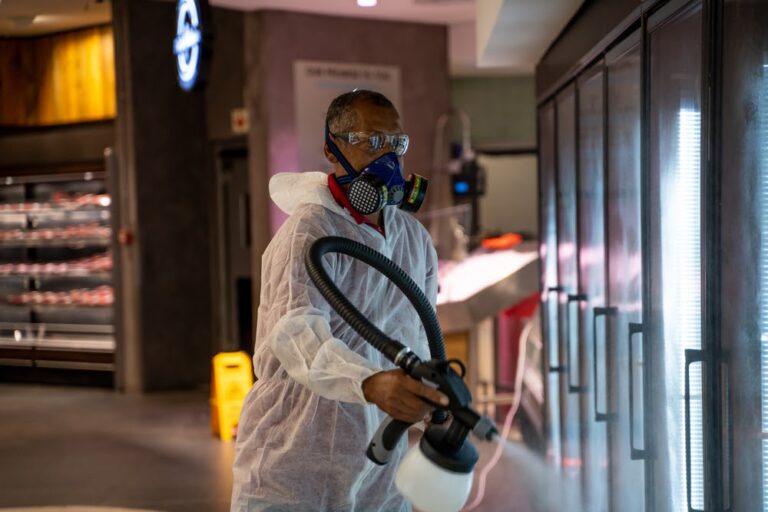
Jul 22, 2021
Expert’s Advice: How Often Does Your Retail Store Need To Be Sanitized?
-
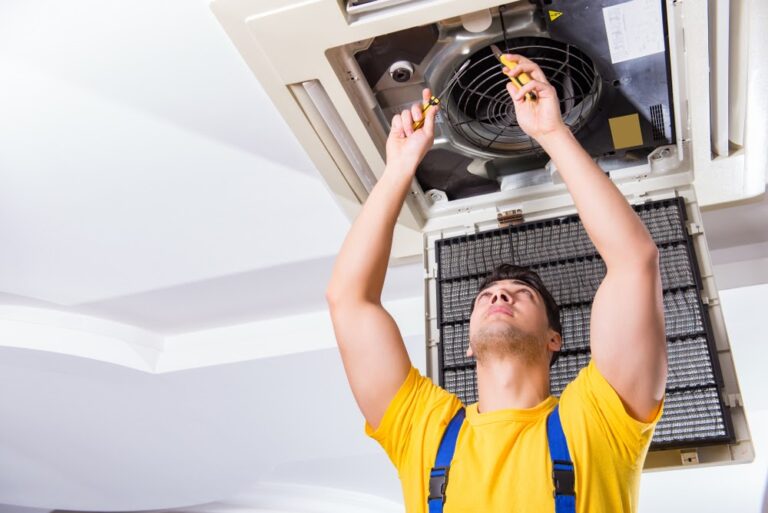
Jul 15, 2021
Beat The Intense Heat With Continuous Preventive Maintenance
-

Jul 8, 2021
Summer Tips: 4 Main Steps You Should Take To Conserve Energy From Your AC System
-

Jul 1, 2021
Why Improved Indoor Air Quality Is Vital For Your Business
-
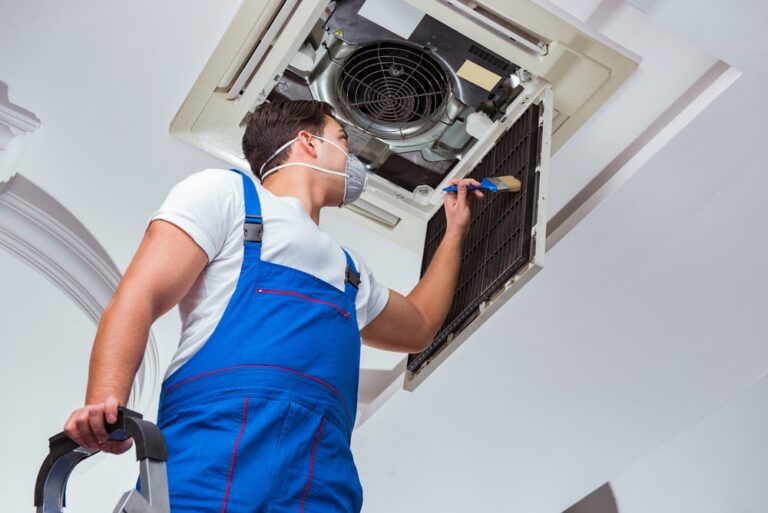
Jun 22, 2021
3 Major Ways In Which AC Servicing Ensure Safe & Effective Performance
-
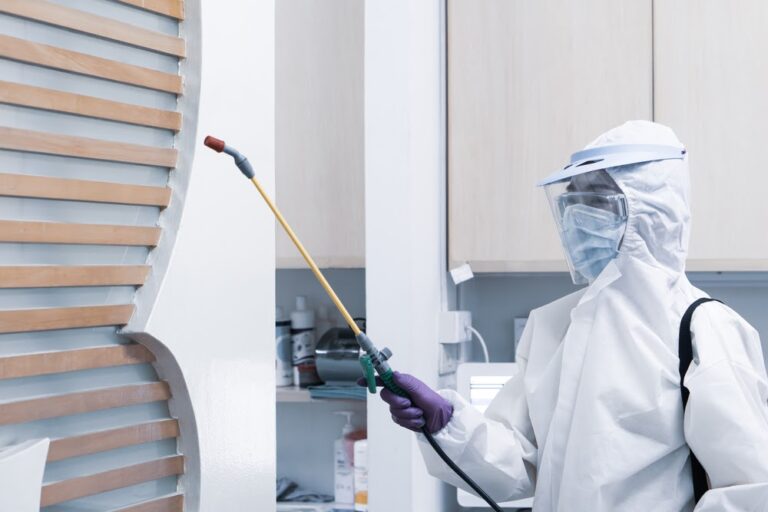
Jun 15, 2021
3 Things You Should Keep In Mind While Choosing The Best Disinfection Services
-

Jun 8, 2021
Hygiene Factors: Importance Of Improved Indoor Air Quality
-

Jun 1, 2021
Seasonal Changes: Avoiding The Risk Of Allergies With AC Servicing
-
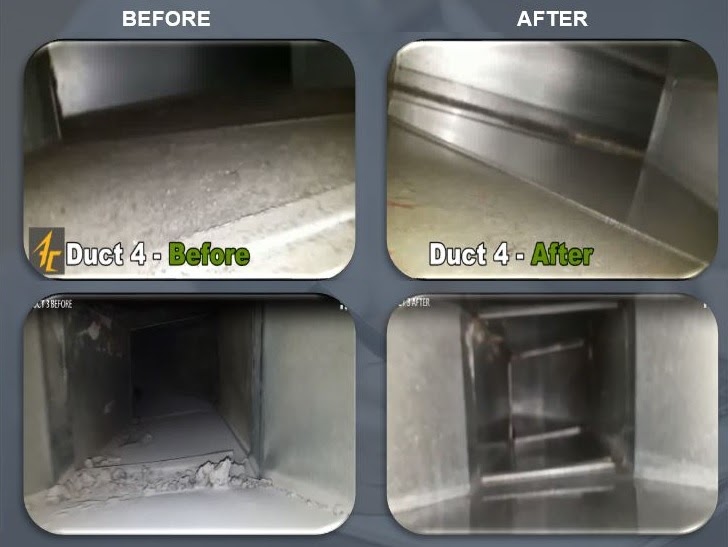
May 22, 2021
Why Is It Critical To Conduct Maintenance And Repair For Your Air Ducts?
-

May 15, 2021
The Ultimate Guide In Sanitizing Your Bedroom
-

May 8, 2021
Baffling Breakdowns: The Main Reasons Why Air Conditioning Systems Fail To Work
-

May 1, 2021
Five Signs That Your House Needs Urgent Maintenance
-

Apr 22, 2021
Moving Offices? Here Are 4 Essential Things That Should Be On Your Maintenance Checklist
-
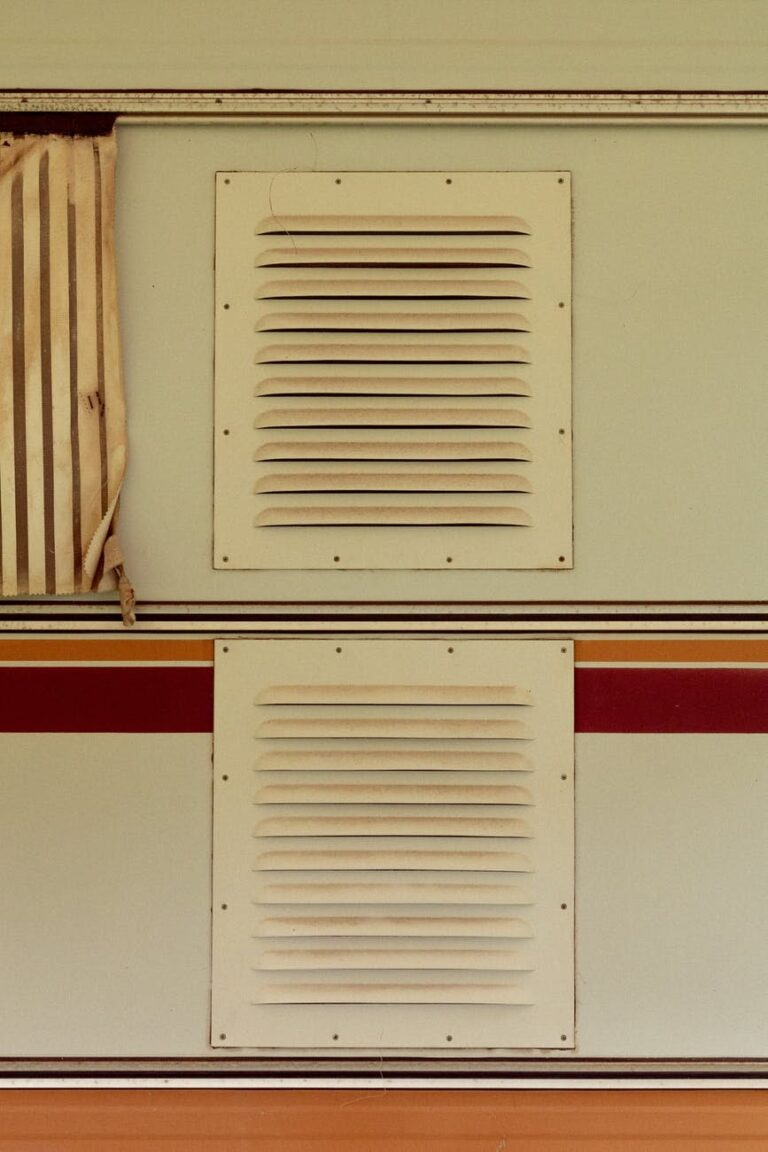
Apr 15, 2021
Summer Cleaning: Why Is It Important To Get Your AC Ducts Cleaned Before The Heat?
-
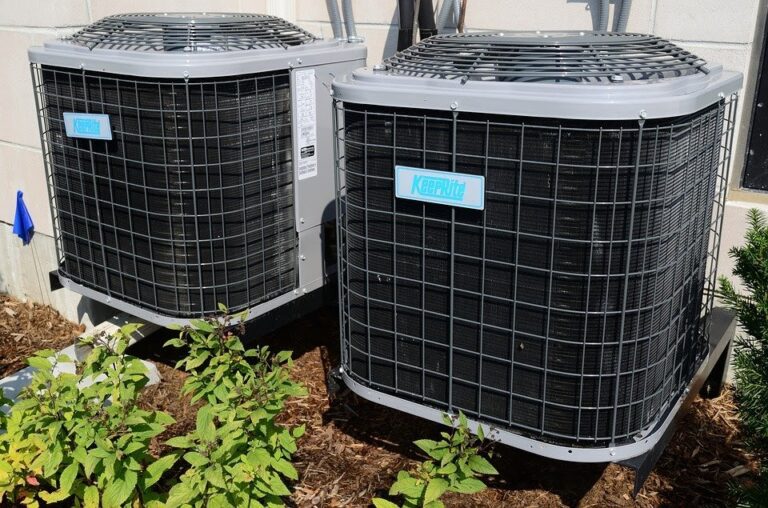
Apr 8, 2021
5 Ways That You Can Efficiently Maintain Your HVAC System
-

Apr 1, 2021
3 Major Reasons Why You Should Avail Home Sanitization Services Before Spring Break Arrives
-
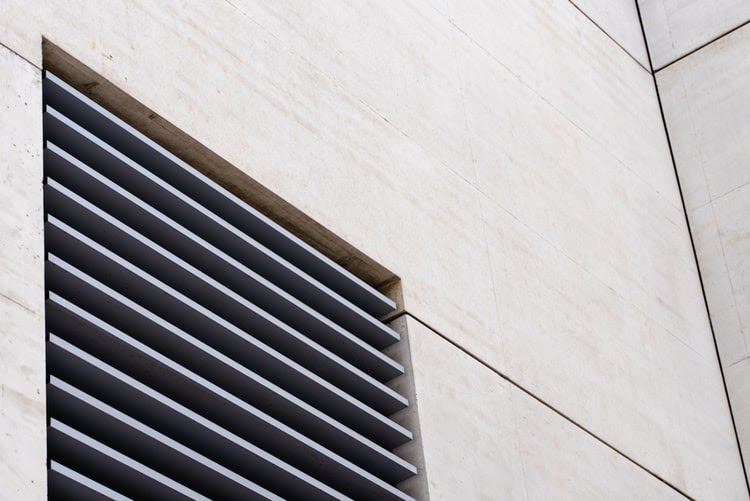
Mar 22, 2021
Spring Cleaning Checklist: Why Is It Important To Frequently Clean AC Ducts Before Summer Arrives
-

Mar 20, 2021
Supporting Mothers Role: A Super Clean Mother’s Day Gift
-
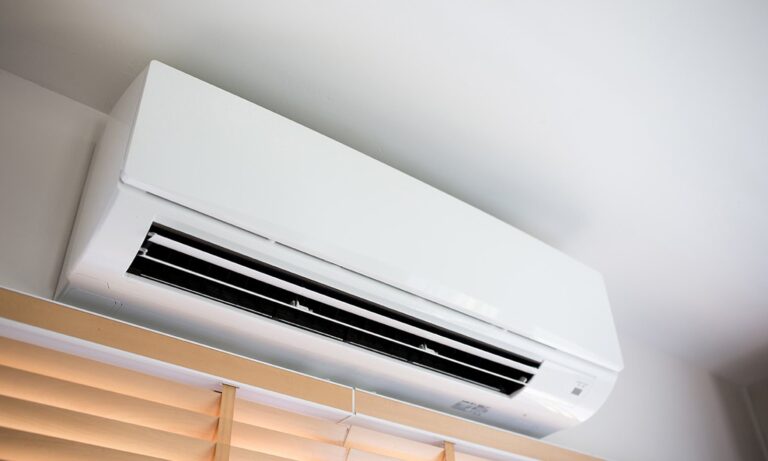
Mar 15, 2021
Declining Performance: Why You Should Maintain Your AC Frequently
-
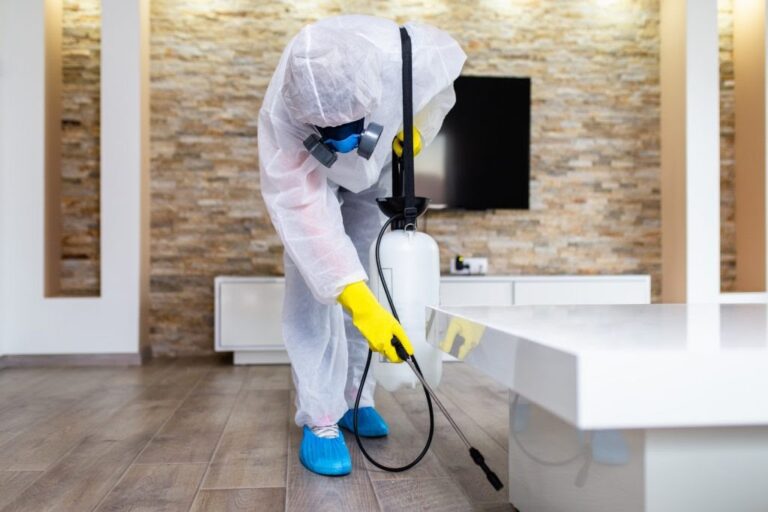
Mar 8, 2021
Safety Rules: 5 Reasons Why A Professional Disinfection Is Required In Your Home
-
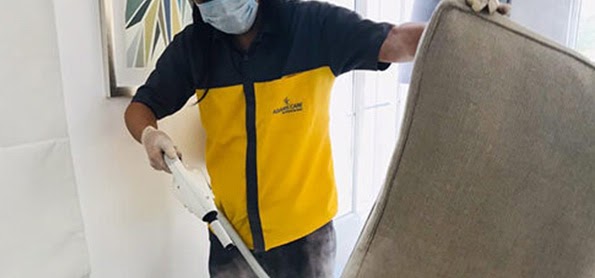
Mar 1, 2021
COVID-19 Alert: Why You Should Avail Home Sanitization Services Frequently
-

Jan 22, 2021
A Look Into The Positive Effects Upholstery Maintenance Has On Your Child’s Allergy Triggers
-
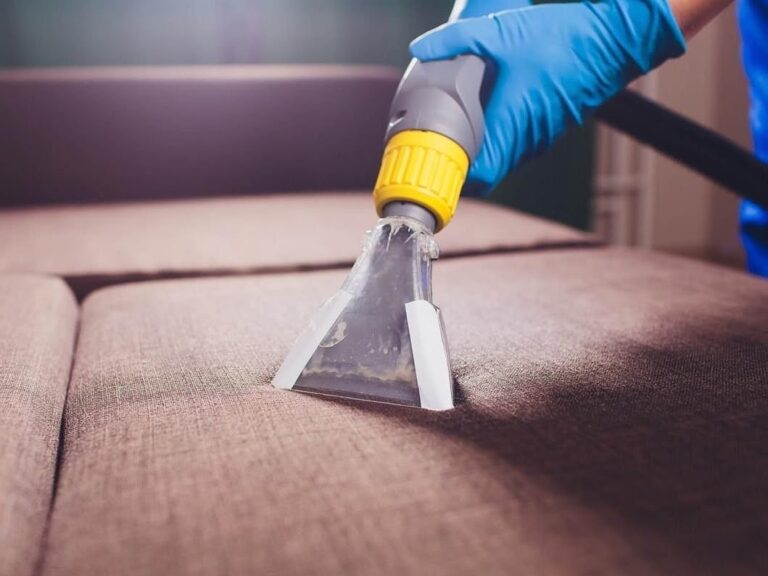
Jan 15, 2021
Here are 3 Places You Should Definitely Sanitize In A House Full Of Children
-
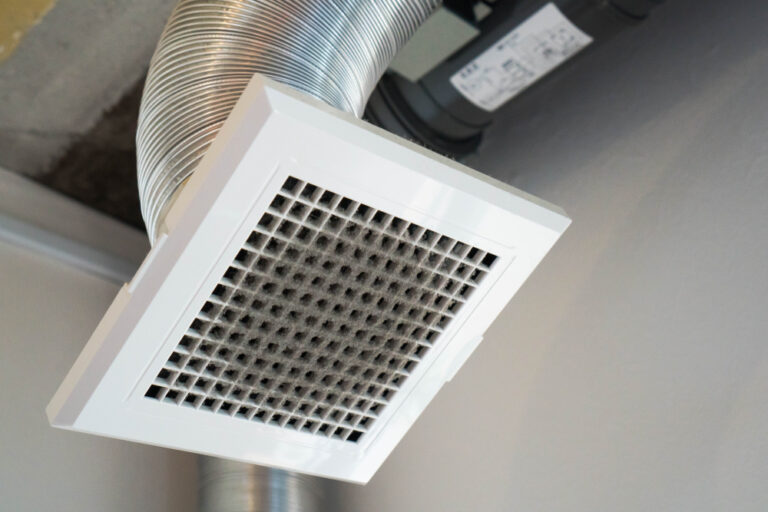
Jan 8, 2021
Duct Cleaning Essentials: 5 Preventive Measures For Maintaining The Health Of Your Elderly Family Members
-
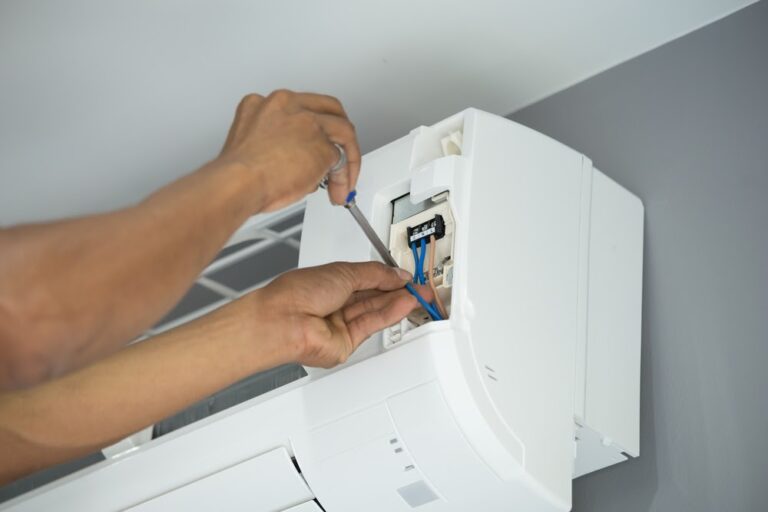
Jan 1, 2021
Preventing Hazards: Why Is It Important To Regularly Check For Frayed Wires In Your HVAC Unit?
-

Dec 17, 2020
Sick Building Syndrome: How AC Duct Cleaning Can Help Improve Indoor Air Quality
-
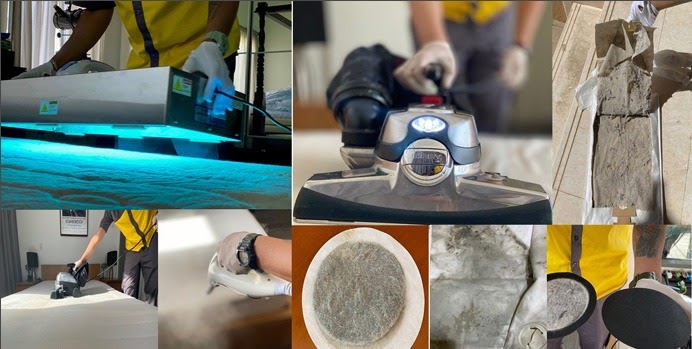
Dec 10, 2020
Healthier Beginnings: Starting 2021 Right By Deep Cleaning Your Mattress
-

Dec 6, 2020
Breathe Easy This 2021: Look Forward To A Healthy Year With AC Duct Cleaning
-
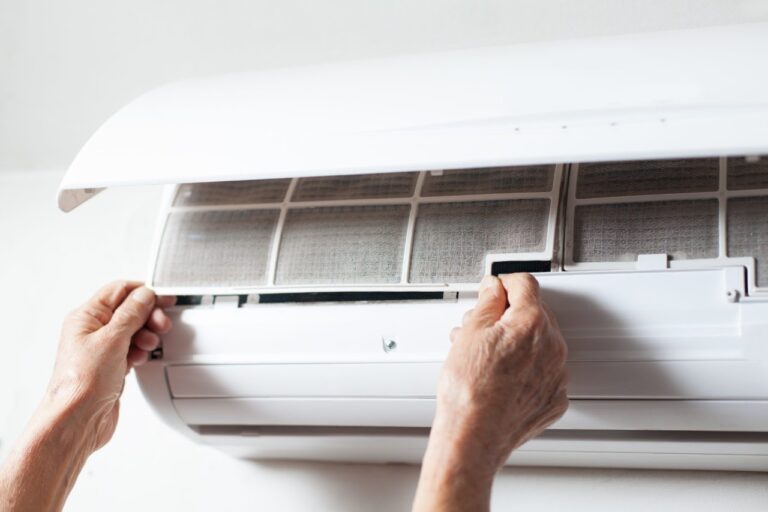
Dec 1, 2020
4 Easy Tips On How To Perfectly Clean Your AC System
-

Nov 28, 2020
You May Not Be Disinfecting Your Home Properly- Find Out Why
-
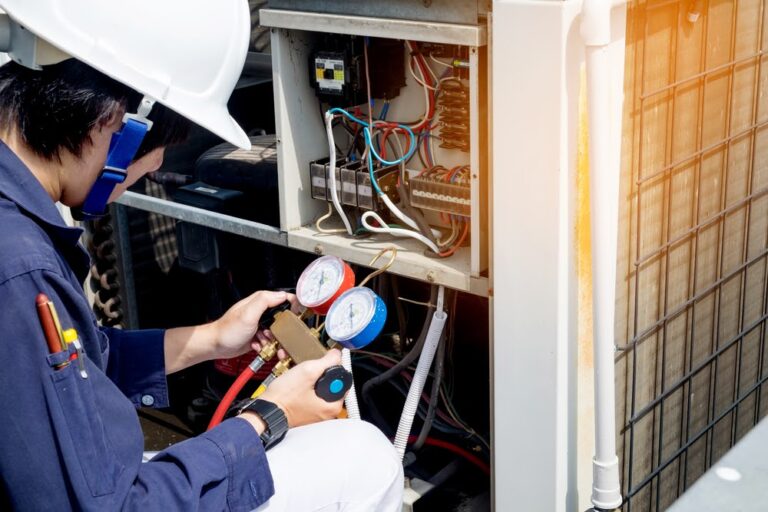
Nov 21, 2020
AC Short Cycling: A Brief Guide On How You To Detect The Main Cause
-
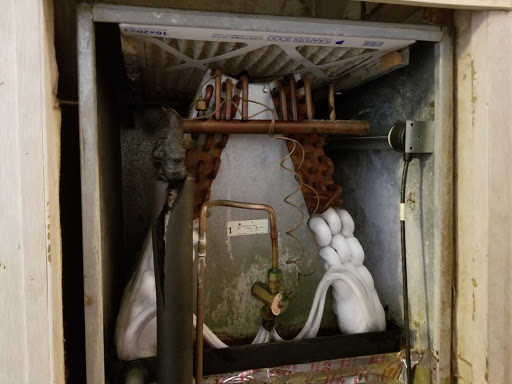
Nov 14, 2020
Frozen Evaporator Coil? Here’s What You Can Do To Fix It
-

Nov 7, 2020
Reasons To Look For “NADCA-Certified” AC Duct Cleaning Company
-
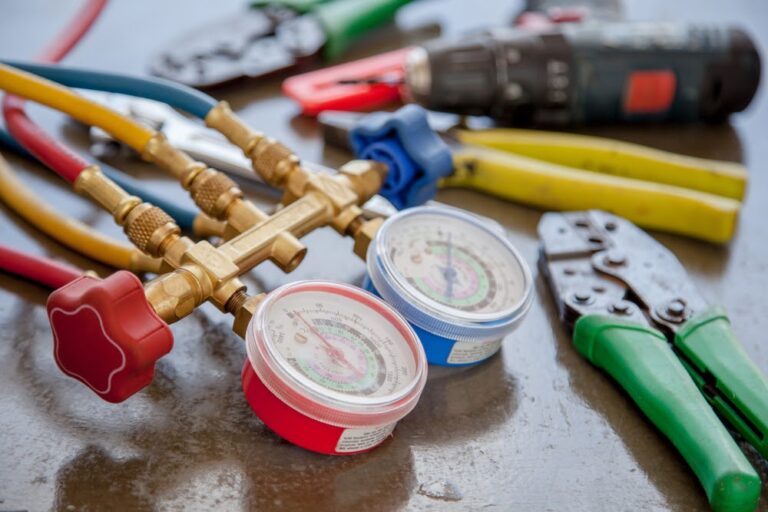
Oct 29, 2020
Reasons Behind Your AC’s Water Leakage
-

Oct 14, 2020
3 Signs You Should Look For To Detect Faulty AC Installation
-

Oct 9, 2020
Why You Should Take A Different Approach In Cleaning Your Upholstery
-

Oct 4, 2020
Can’t Switch On Your AC? Find Out What’s Wrong
-

Sep 22, 2020
5 Things To Look For If Your AC’s Airflow Is Blocked
-

Sep 15, 2020
Protect Your Home Through Safe Sanitization
-

Sep 8, 2020
Just Moved In? Why Preventive Maintenance Is Important
-

Sep 1, 2020
What’s That Stench? 4 Reasons Why Your AC Emits A Bad Odor
-

Aug 24, 2020
Don’t DIY Your AC Repair!
-

Aug 17, 2020
FAQs About AC Maintenance- Answered
-

Aug 10, 2020
Things To Keep In Check In Maintaining And Cleaning Upholstery
-

Aug 3, 2020
What Is That Noise? – 5 Noises Your AC Might Be Making & What It Means
-

Jul 23, 2020
New House? Why A Handyman Can Help You Turn It Into A Home
-

Jul 16, 2020
Why Is My AC Not Blowing Cold Air? And Other Summer AC Dilemmas
-

Jul 9, 2020
Clean And Bright: Get On With Summer Cleaning With These Sanitization Tips
-

Jul 2, 2020
Stop Summer Asthma And Allergy Triggers With Regular AC maintenance
-

Jun 22, 2020
Learn The Benefits That Mattress Deep Cleaning Offers To Your Wellbeing
-

Jun 16, 2020
Electrical Repairs: How To Read The Warning Signs
-

Jun 9, 2020
Why AC Maintenance Should Be A Priority During The Pandemic
-

Jun 2, 2020
What An Annual AC Maintenance Checklist Includes
-

May 28, 2020
Eco-Friendly Approaches To Sanitizing Your Home
-

May 12, 2020
Why Do Air Conditioning Units Increase Electricity Usage?
-

May 9, 2020
How Preventive Maintenance Can Prove To Be The Perfect ROI
-

May 2, 2020
7 Ways In Which Unclean Air Ducts Can Negatively Impact Your Health
-

Apr 26, 2020
How Staying At Home Gives You The Chance To Clean Your furniture
-

Apr 19, 2020
Why Right Now Is The Best Time For A Home Sanitization
-

Apr 9, 2020
Office Disinfection: All You Need To Know To Keep Your Workspace Clean And Safe
-

Apr 5, 2020
7 Reasons To Have Your AC Cleaned And Sanitized
-

Mar 22, 2020
How To Sanitize and Disinfect Your Furniture This Flu Season
-

Mar 18, 2020
How To Prevent Airborne Illnesses Through Your AC
-

Mar 9, 2020
How Indoor Air Quality Affects Your Brain Activity
-

Feb 27, 2020
Getting Rid Of Home Allergens Affecting Your Furniture
-
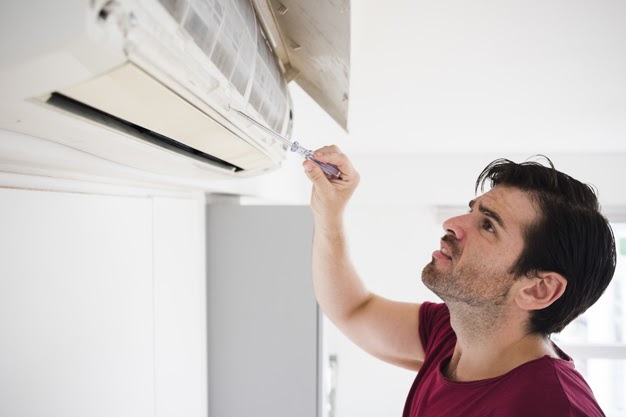
Feb 19, 2020
How Facility Managers Can Ensure Better HVAC Performance
-
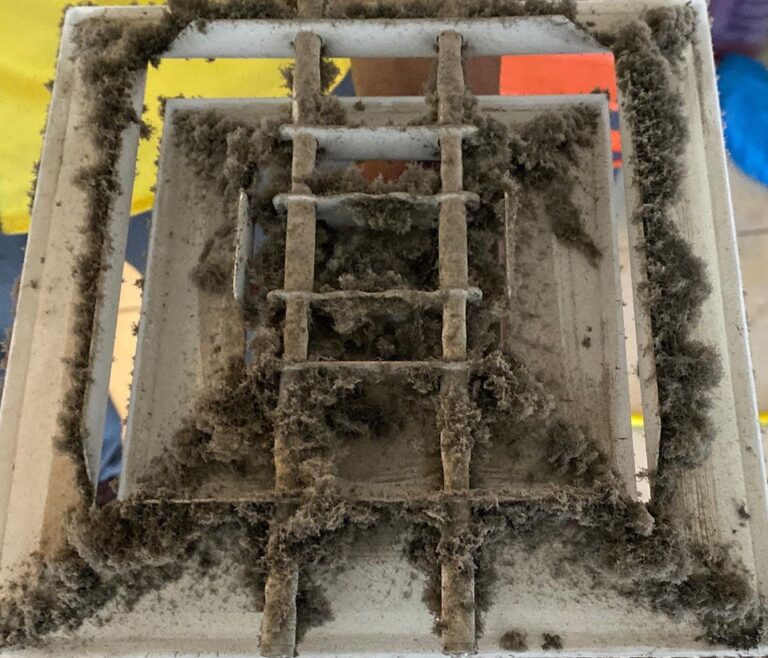
Feb 12, 2020
House Smelling Musty? Here’s How You Can Get Rid Of It For Good
-

Jan 28, 2020
How Important Are Annual Maintenance Contracts For Homes and Offices
-
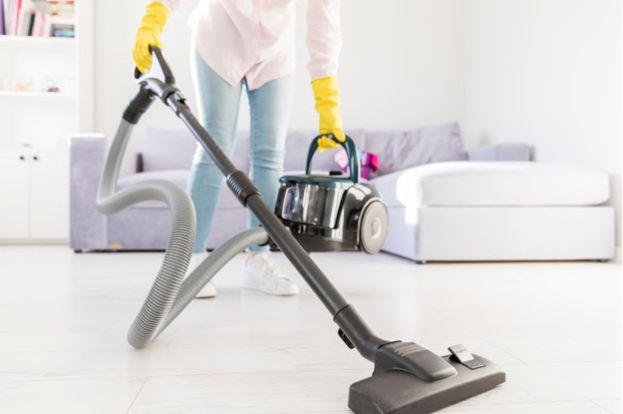
Jan 20, 2020
Find Out Why You Should Sanitize Your Furniture This 2020
-
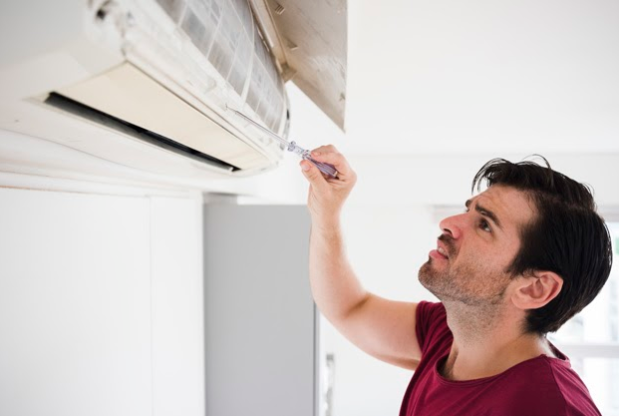
Jan 3, 2020
New Home? Here’s Why You Should Start With AC Duct Cleaning
-

Dec 30, 2019
The Dangers Of Poorly Maintained Air Conditioning Units
-
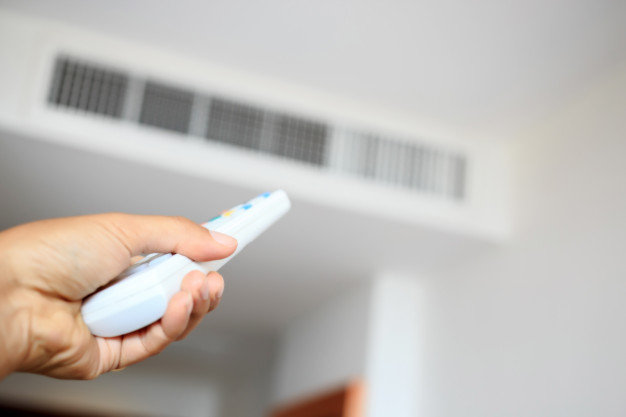
Dec 27, 2019
How Can HVAC Maintenance Boost Workplace Productivity
-

Dec 15, 2019
Check For These 5 Things Before Scheduling Your HVAC Appointment
-
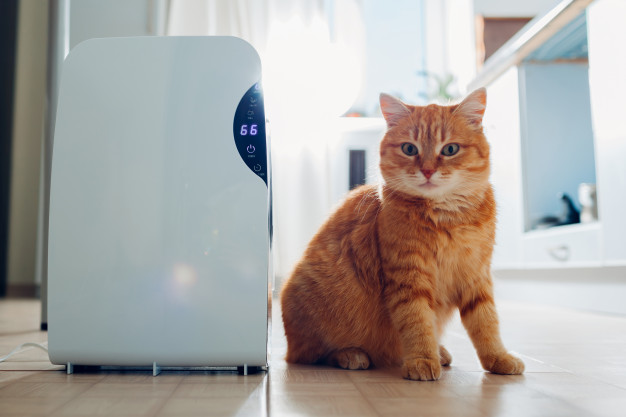
Nov 28, 2019
Heads Up Pet Owners: Here’s Why Air Duct Cleaning is a Must For You
-
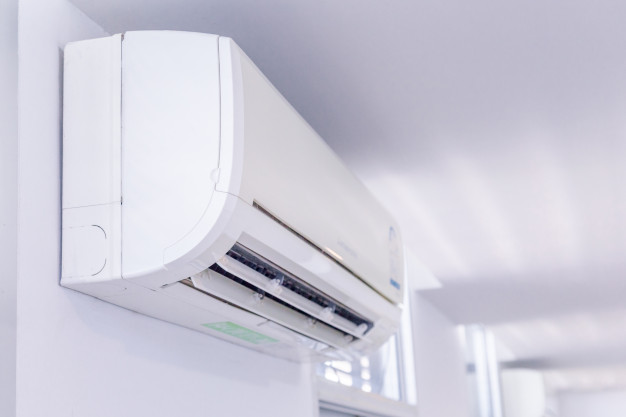
Nov 24, 2019
3 Ways You’re Damaging Your AC System Without You Noticing
-

Nov 12, 2019
4 AC Energy-Saving Tips To Minimize Your Next Electric Bill
-
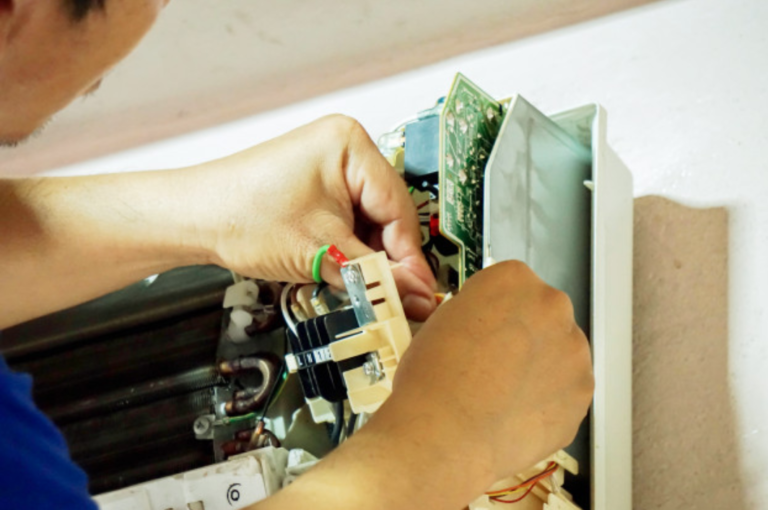
Nov 5, 2019
What’s Wrong With Your AC? 5 Ways To Spot Hidden Issues in Your System
-
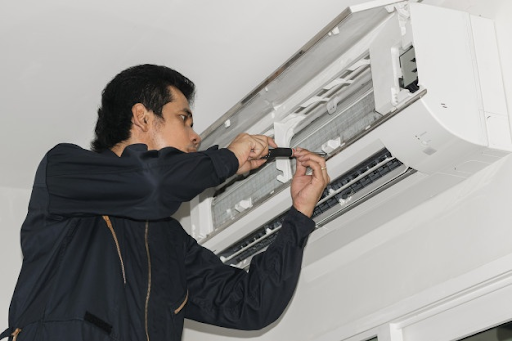
Oct 20, 2019
How Often Does An Air Conditioner Need Servicing?
-
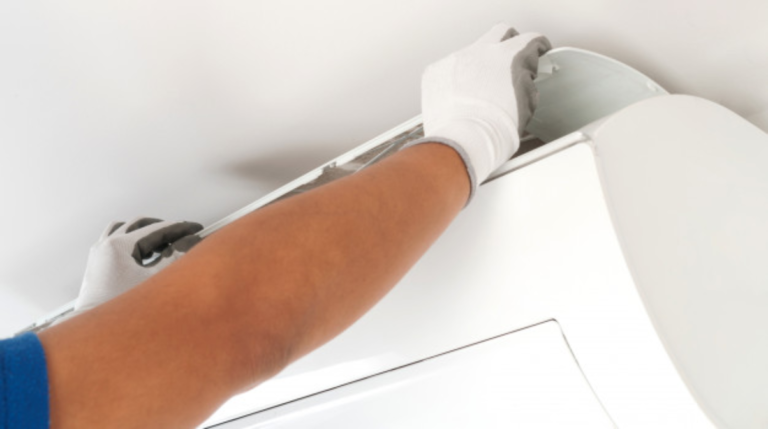
Oct 15, 2019
What Happens When You Don’t Regularly Clean Your HVAC System
-
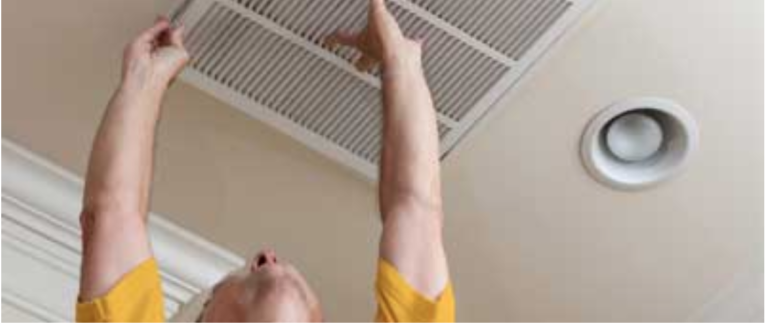
Oct 8, 2019
5 Signs That You Need To Call For Home Maintenance
-
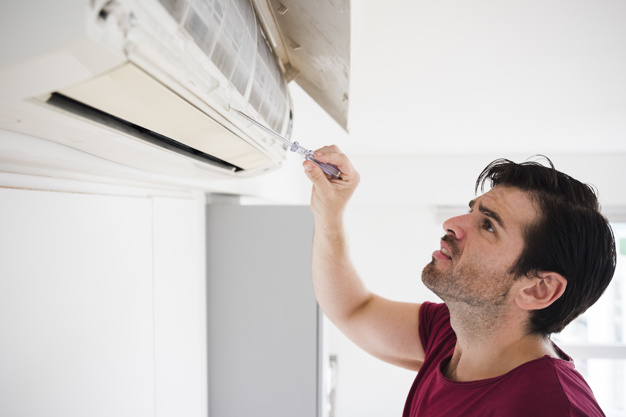
Oct 2, 2019
Should You Repair or Replace Your Air Conditioner?
-
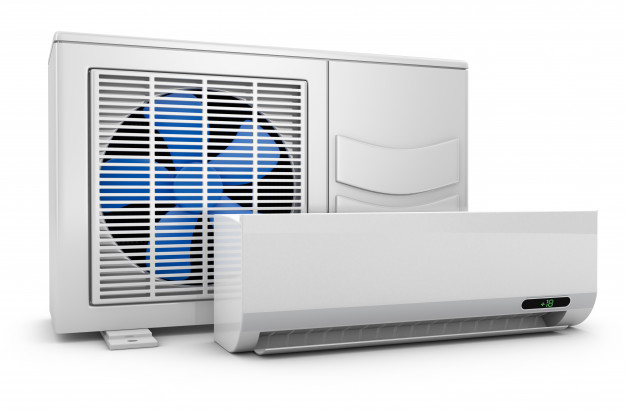
Sep 18, 2019
What To Consider When Buying A New HVAC System
-
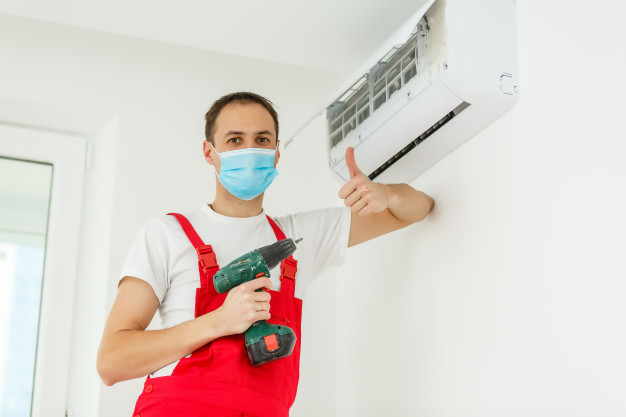
Sep 5, 2019
Guidelines To Find A Professional AC Maintenance Company In The UAE
-
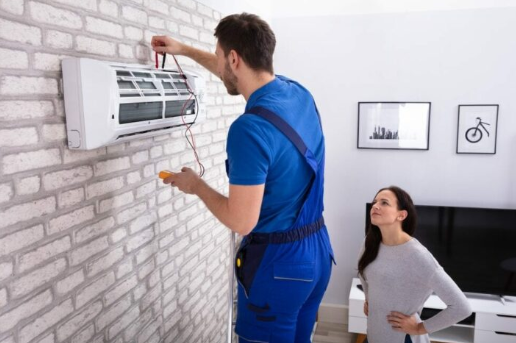
Aug 12, 2019
Learn How to Choose the Best HVAC Repair Service
-
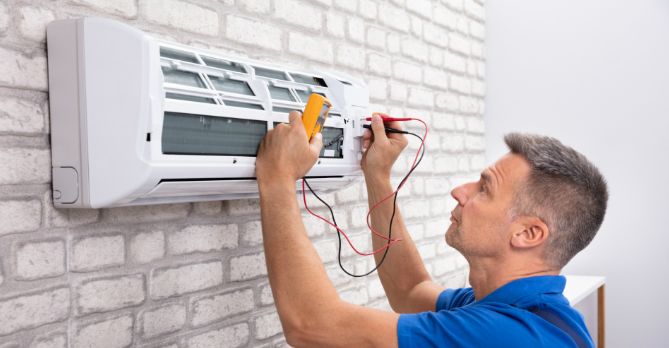
Aug 5, 2019
How to Save Money on Air Conditioner Repair Costs
-
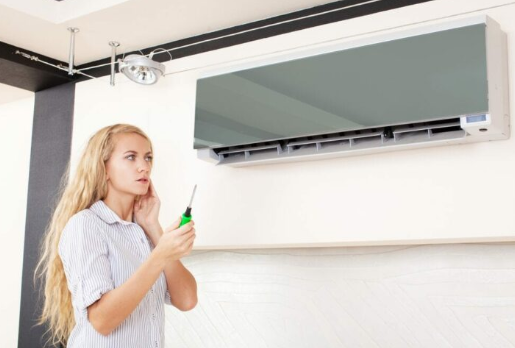
Jul 28, 2019
How to Improve the Efficiency of Your AC While Saving Costs
-
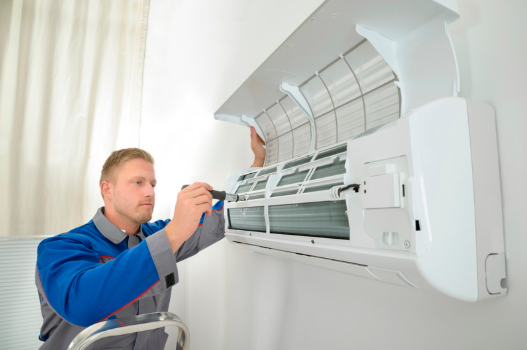
Jul 21, 2019
How Frequent Servicing of Your AC Results in More Savings
-
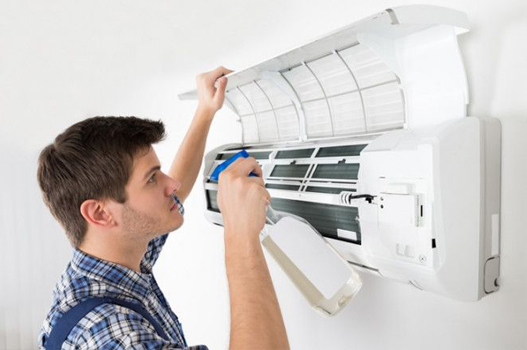
Jul 14, 2019
What to Keep in Mind Before Hiring an AC Technician





